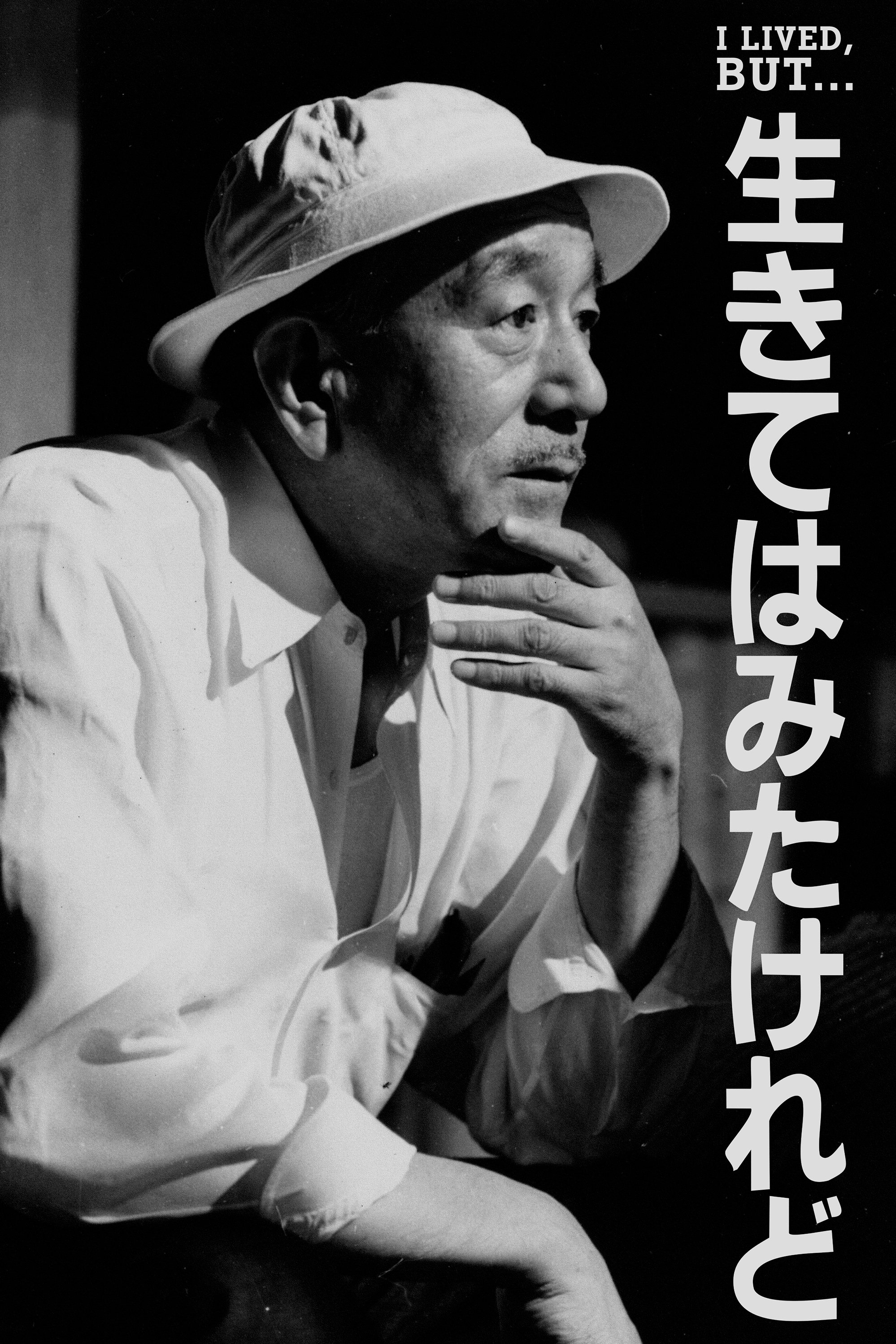
Keisuke Kinoshita
Keisuke Kinoshita (木下 惠介, Kinoshita Keisuke, December 5, 1912 – December 30, 1998) was a Japanese film director. Hugely popular in his home country of Japan, Keisuke Kinoshita worked tirelessly as a director for nearly half a century, making lyrical, sentimental films that often center on the inherent goodness of people, especially in times of distress. He began his directing career during a most challenging time for Japanese cinema: World War II, when the industry’s output was closely monitored by the state and often had to be purely propagandistic. He refused to be bound by genre, technique, or dogma. Kinoshita excelled in almost every genre: comedy, tragedy, social dramas, period films. He shot all films on location or in a one-house set. He pursued severe photographic realism with the long take, long-shot method, and went equally far toward stylization with fast cutting, intricate wipes, tilted cameras, and even classical scroll-painting and Kabuki stage technique. Kinoshita was highly prolific, turning out some 42 films in the first 23 years of his career. For this, Kinoshita explained that he "can’t help it. Ideas for films have always just popped into my head like scraps of paper into a wastebasket." While lesser-known internationally than contemporaries such as Akira Kurosawa, Kenji Mizoguchi and Yasujirō Ozu, he was a household figure in his home country, beloved by both critics and audiences from the 1940s to the 1960s. Although few concrete details have emerged about Kinoshita's personal life, his homosexuality was widely known in the film world. Screenwriter and frequent collaborator Yoshio Shirasaka recalls the "brilliant scene" Kinoshita made with the handsome, well-dressed assistant directors he surrounded himself with. His 1959 film Farewell to Spring (Sekishuncho) has been called "Japan's first gay film" for the emotional intensity depicted between its male characters. Kinoshita received the Order of the Rising Sun in 1984 and was awarded the Order of Culture in 1991 by the Japanese government. He died on December 30, 1998, of a stroke. His grave is in Engaku-ji in Kamakura, very near to that of his fellow Shochiku director, Yasujirō Ozu.
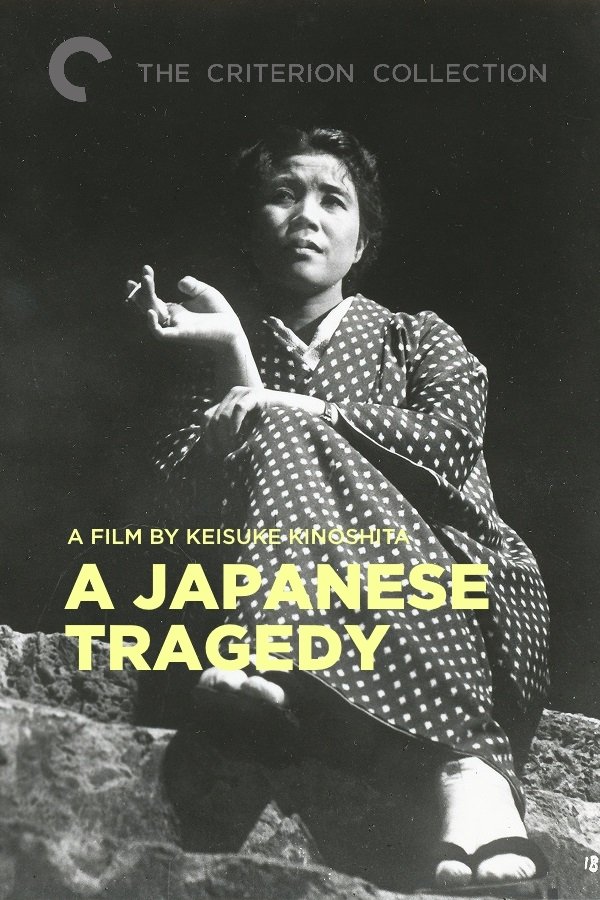
A Japanese Tragedy
(Screenplay)
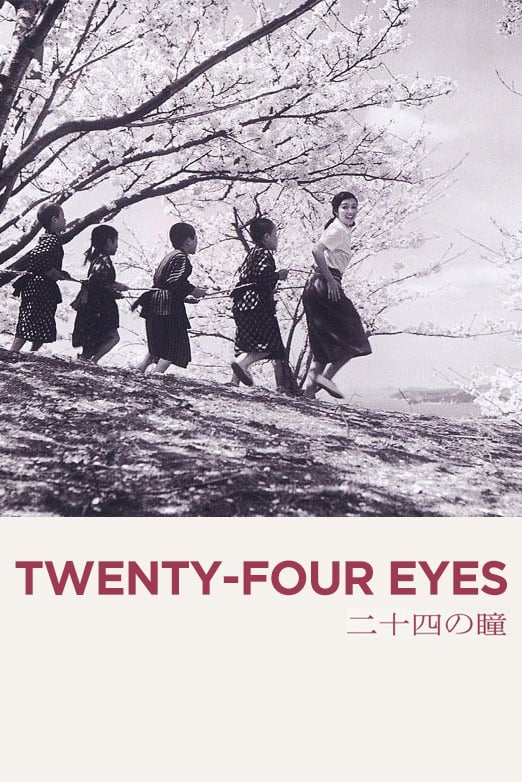
Twenty-Four Eyes
(Director)

Twenty-Four Eyes
(Screenplay)

A Japanese Tragedy
(Director)
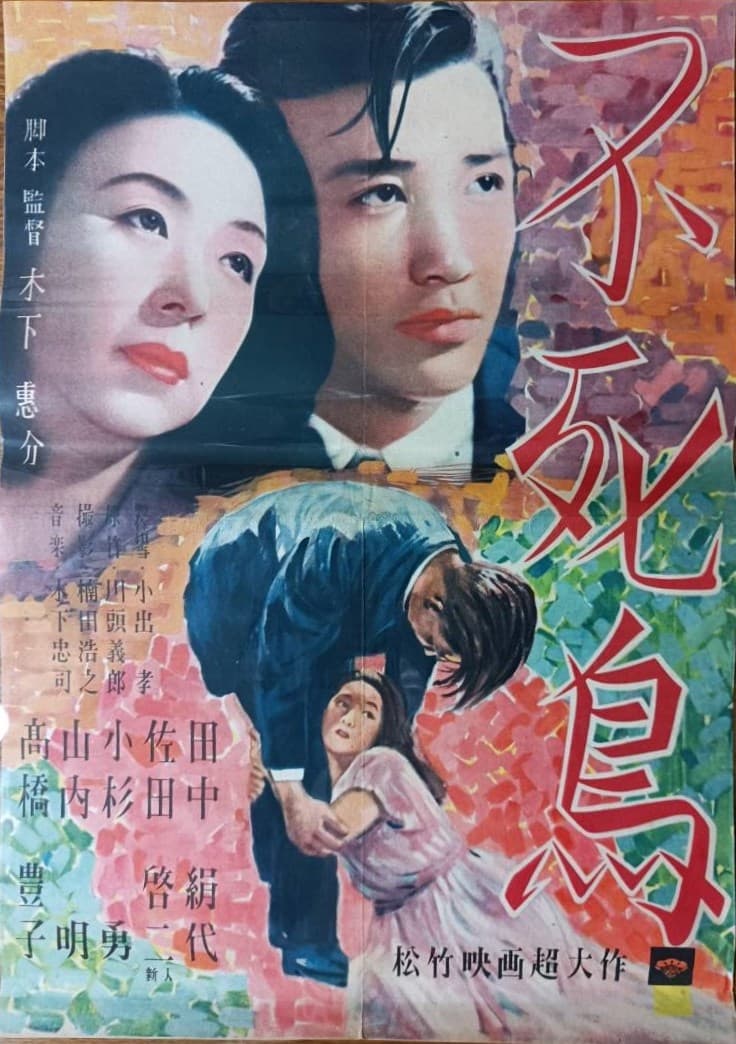
Phoenix
(Director)
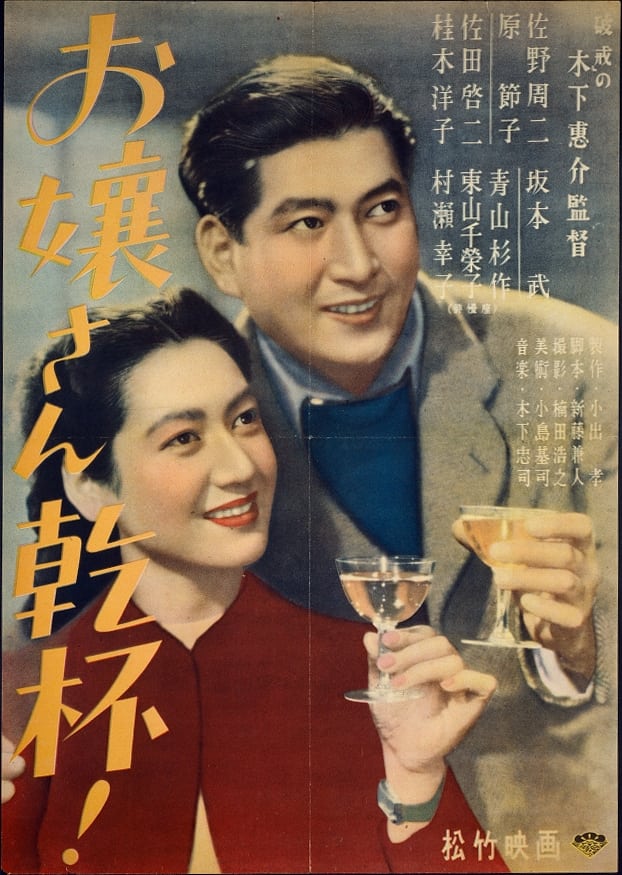
Here's to the Young Lady
(Director)
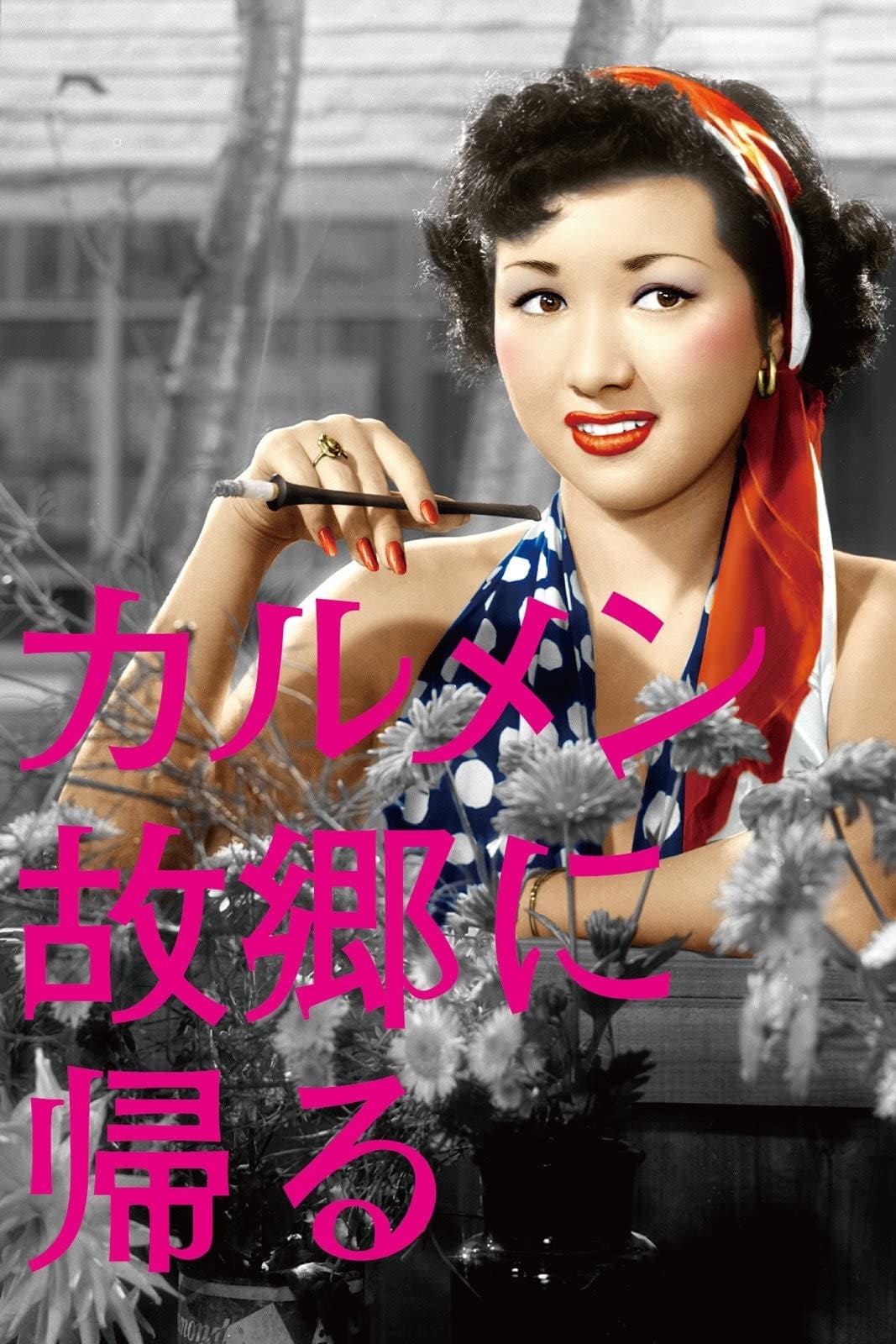
Carmen Comes Home
(Director)

Morning for the Osone Family
(Director)
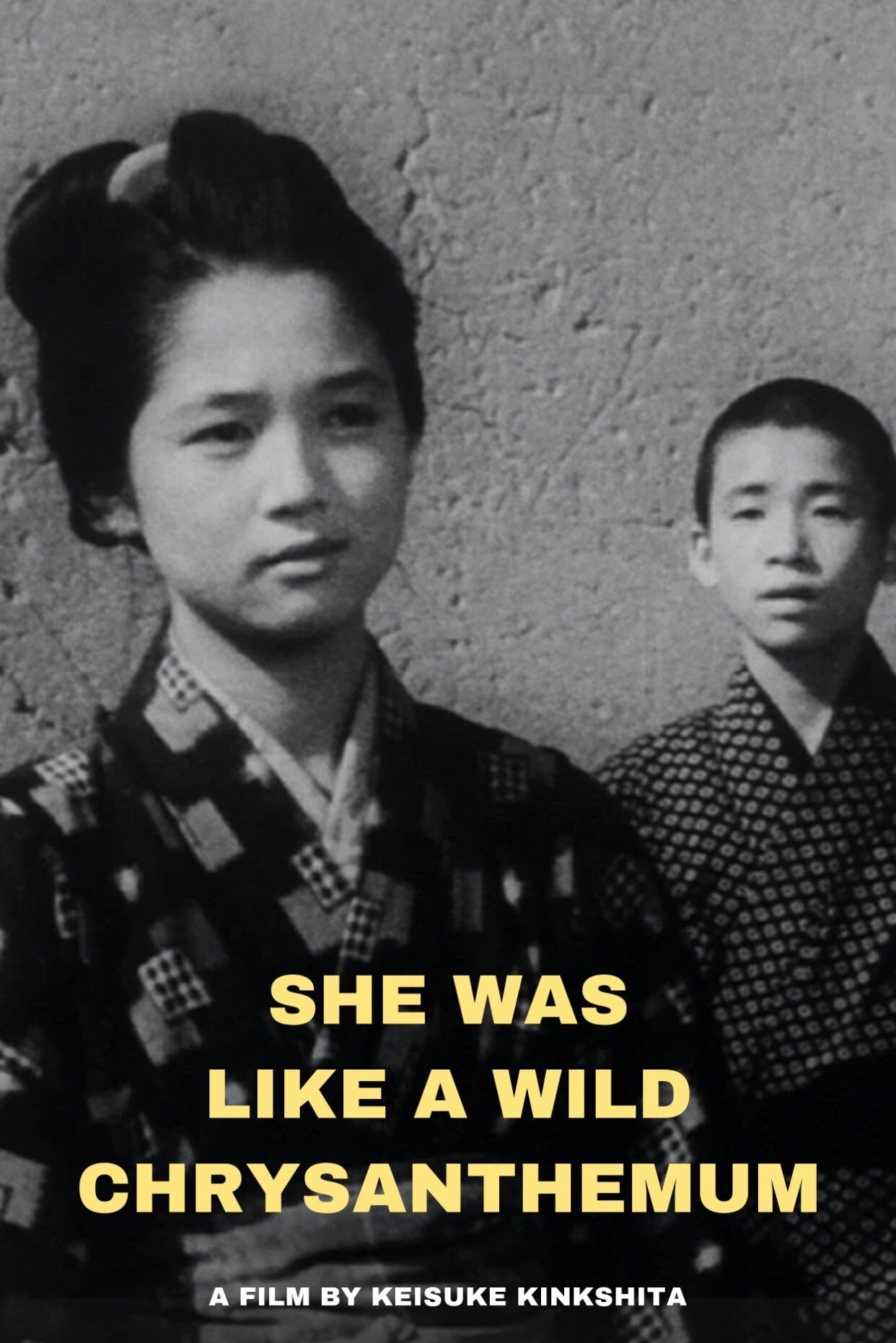
She Was Like a Wild Chrysanthemum
(Director)
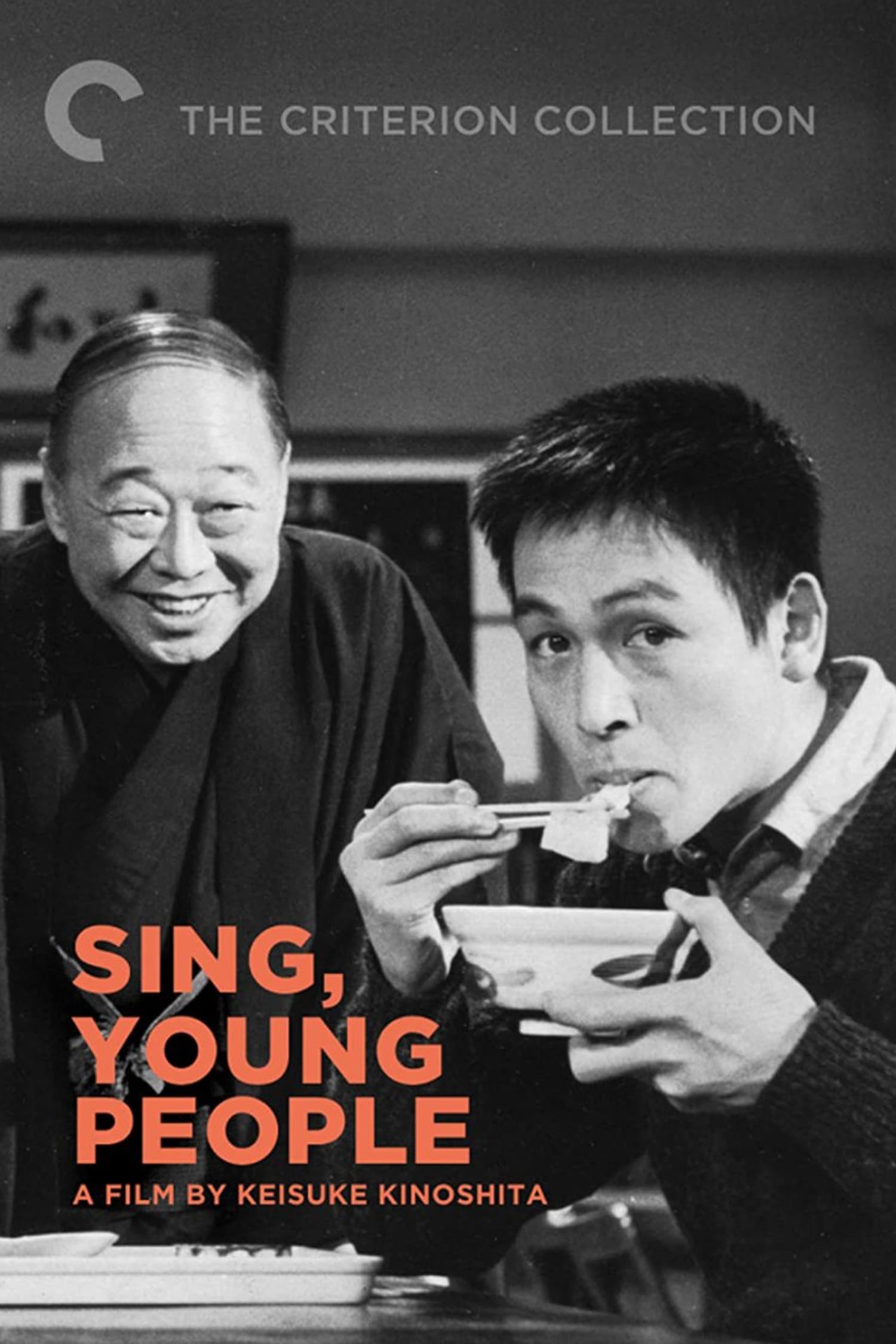
Sing, Young People!
(Director)
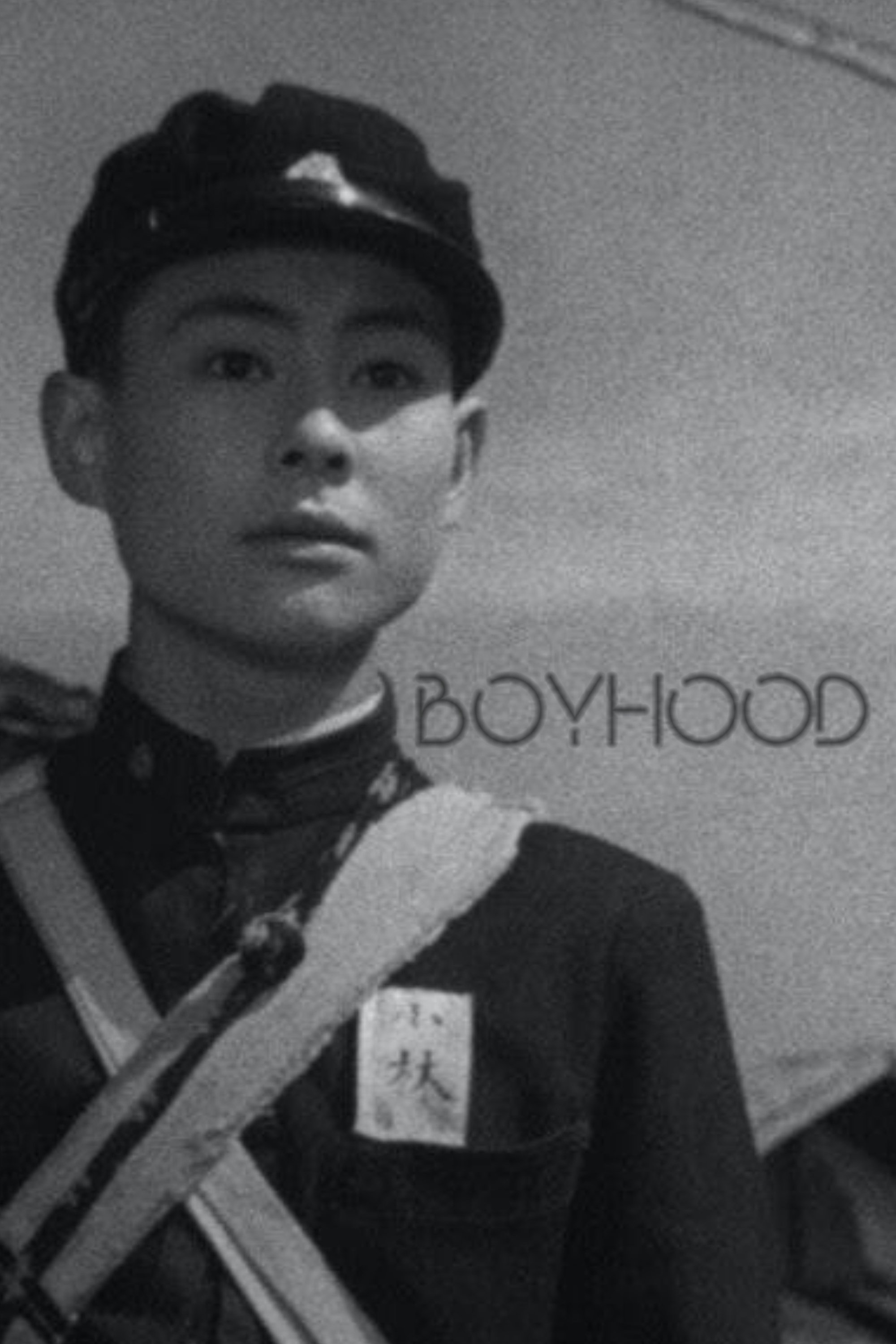
Boyhood
(Director)
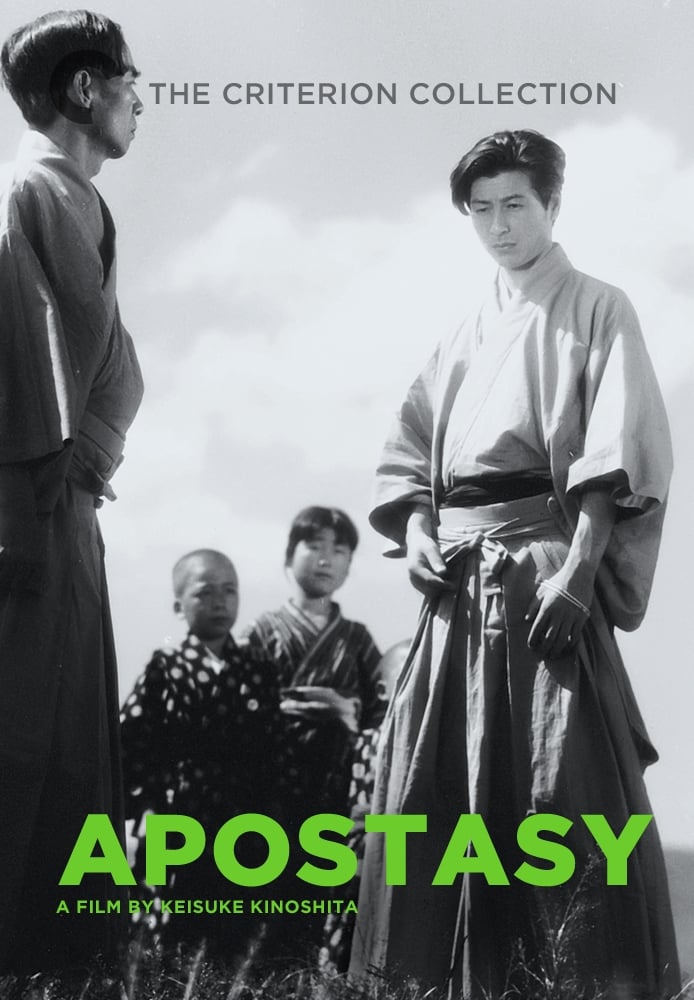
Apostasy
(Director)
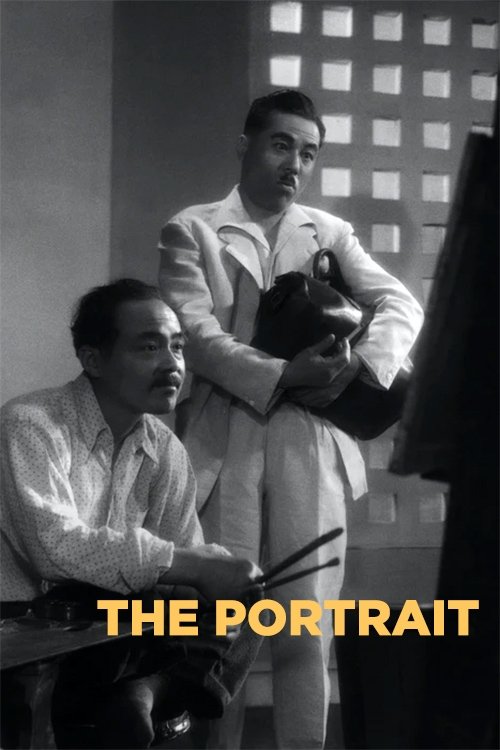
The Portrait
(Director)
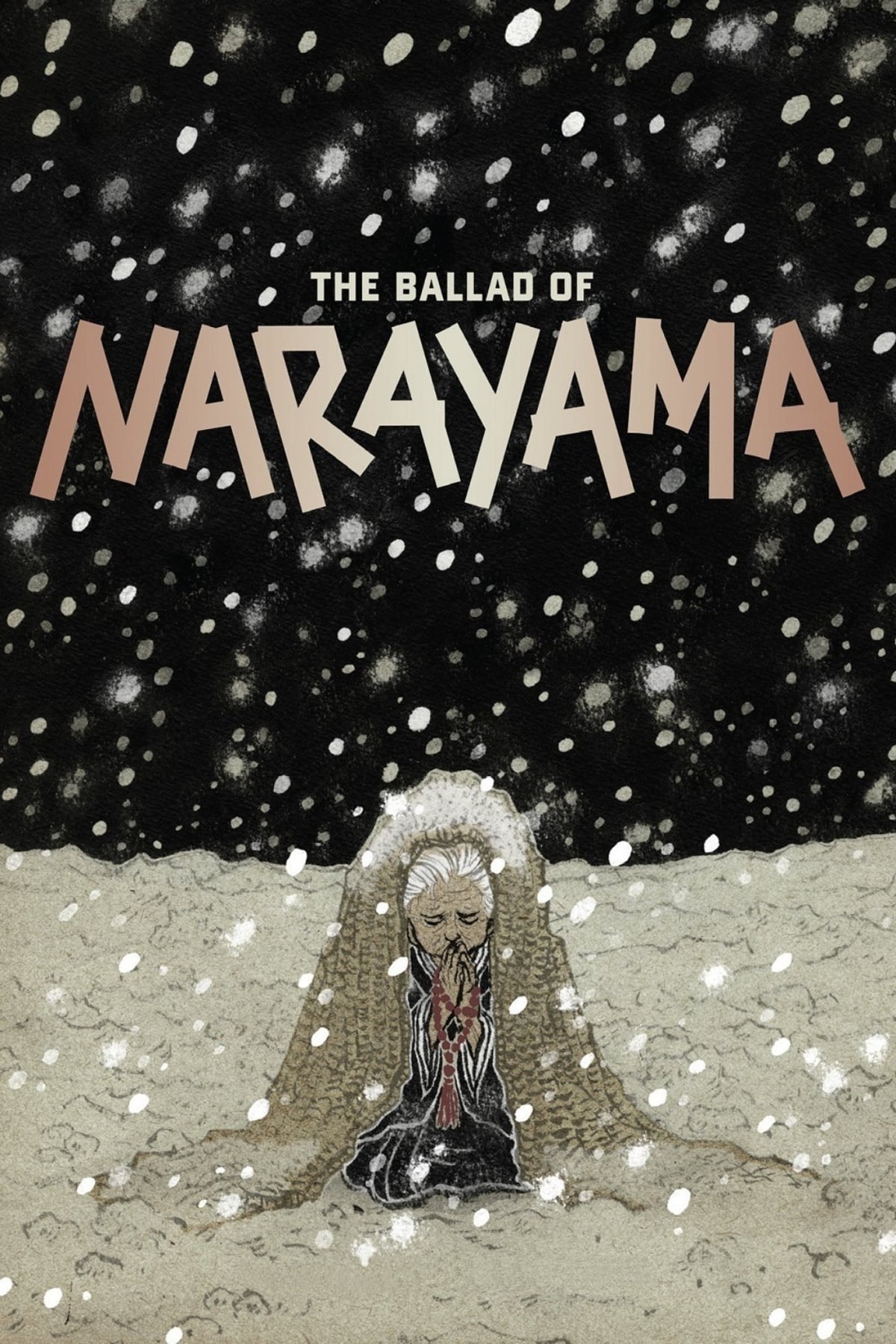
The Ballad of Narayama
(Director)
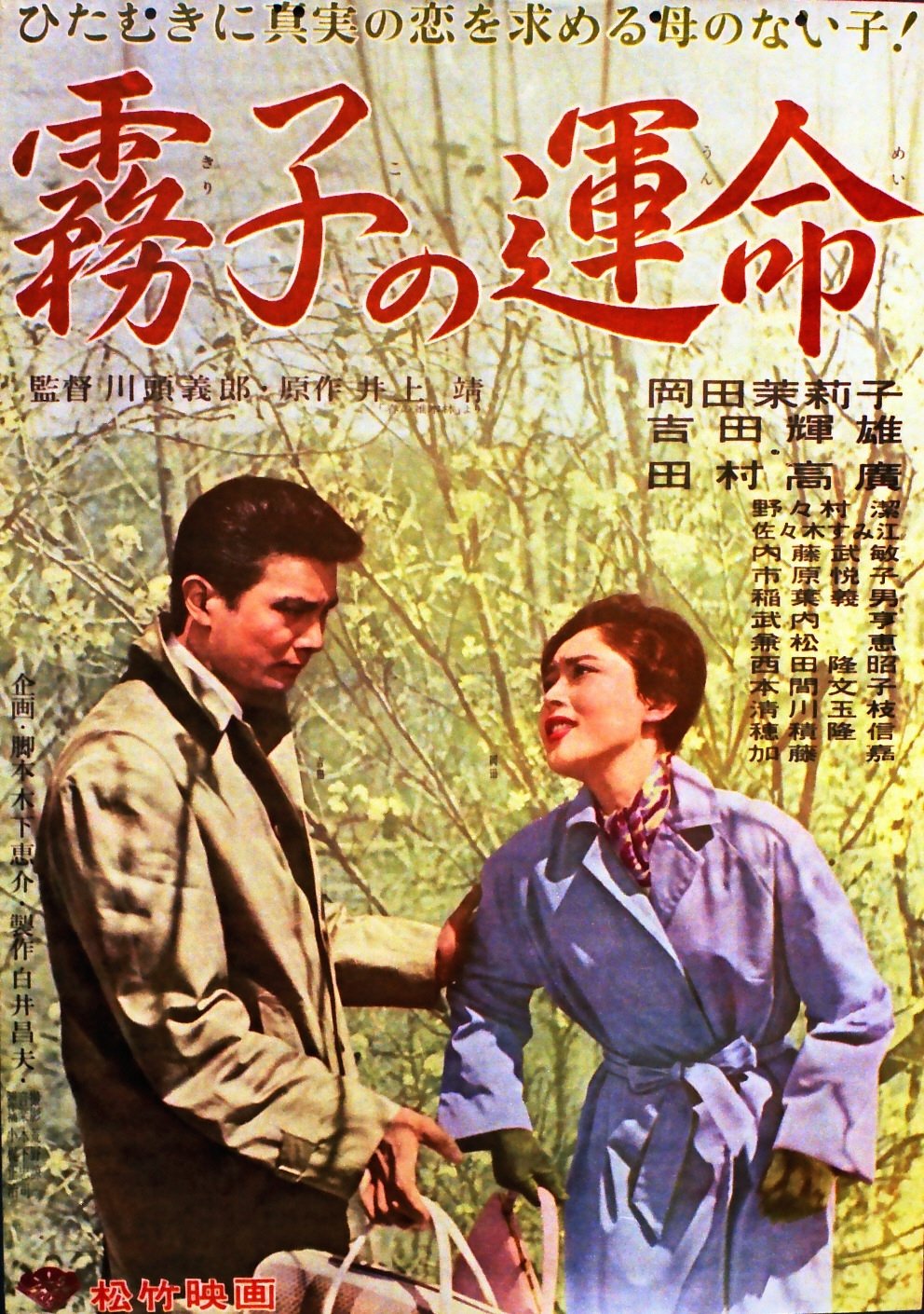
Kiriko no unmei
(Screenplay)
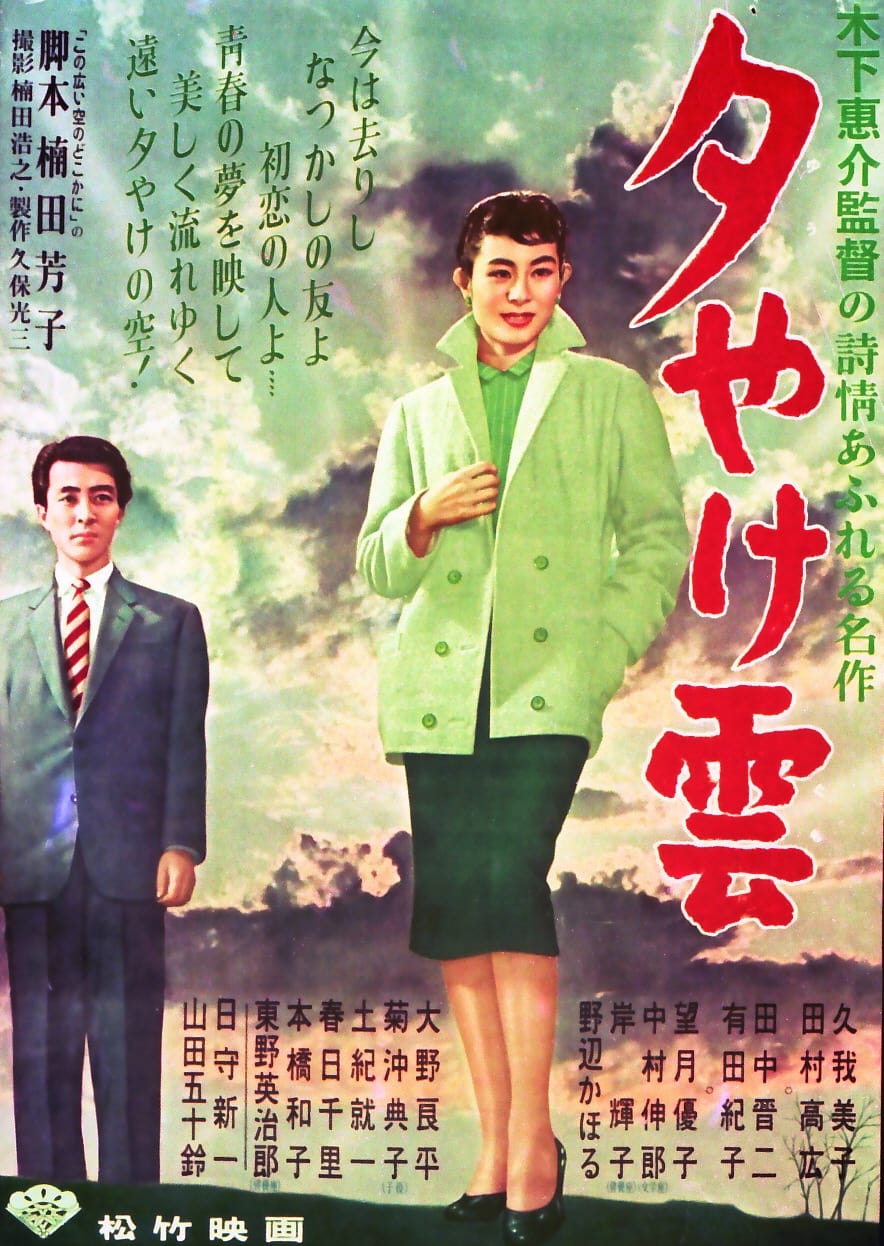
Farewell to Dream
(Director)
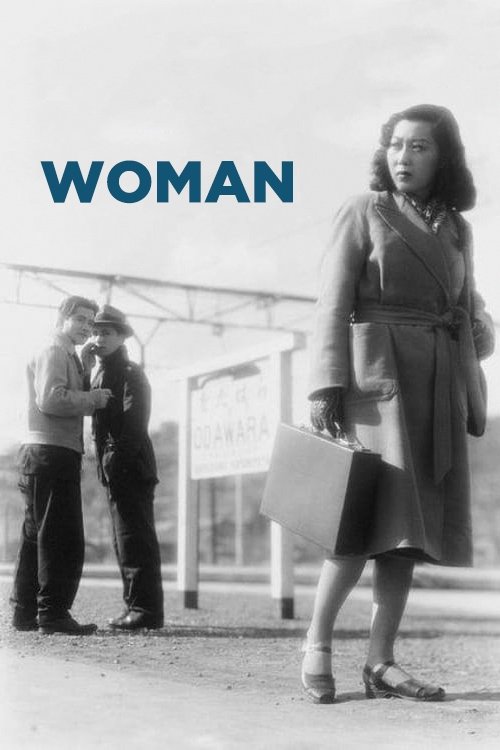
Woman
(Director)
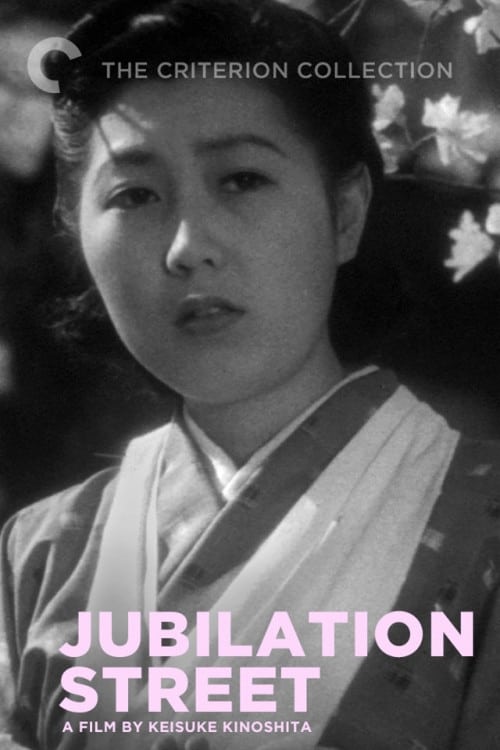
Jubilation Street
(Director)

A Legend or Was It?
(Director)
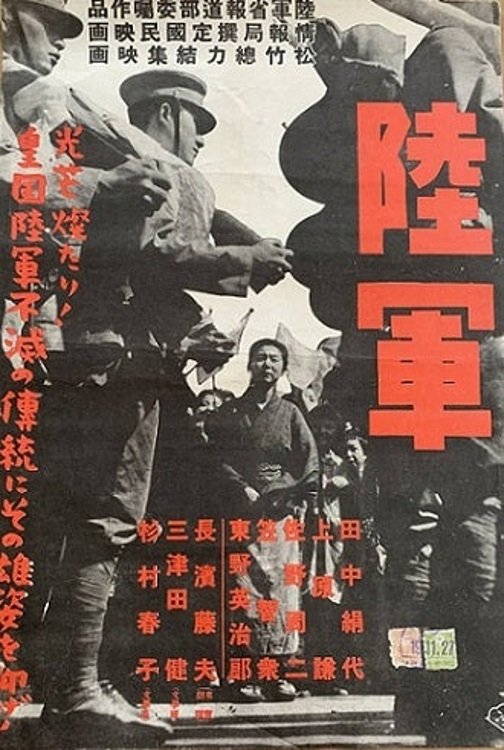
Army
(Director)

Children of Nagasaki
(Original Story)

Children of Nagasaki
(Writer)

Children of Nagasaki
(Director)
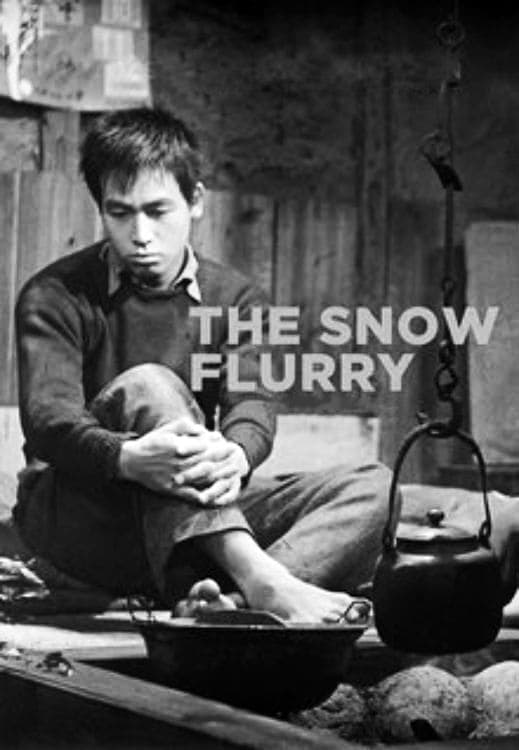
The Snow Flurry
(Director)
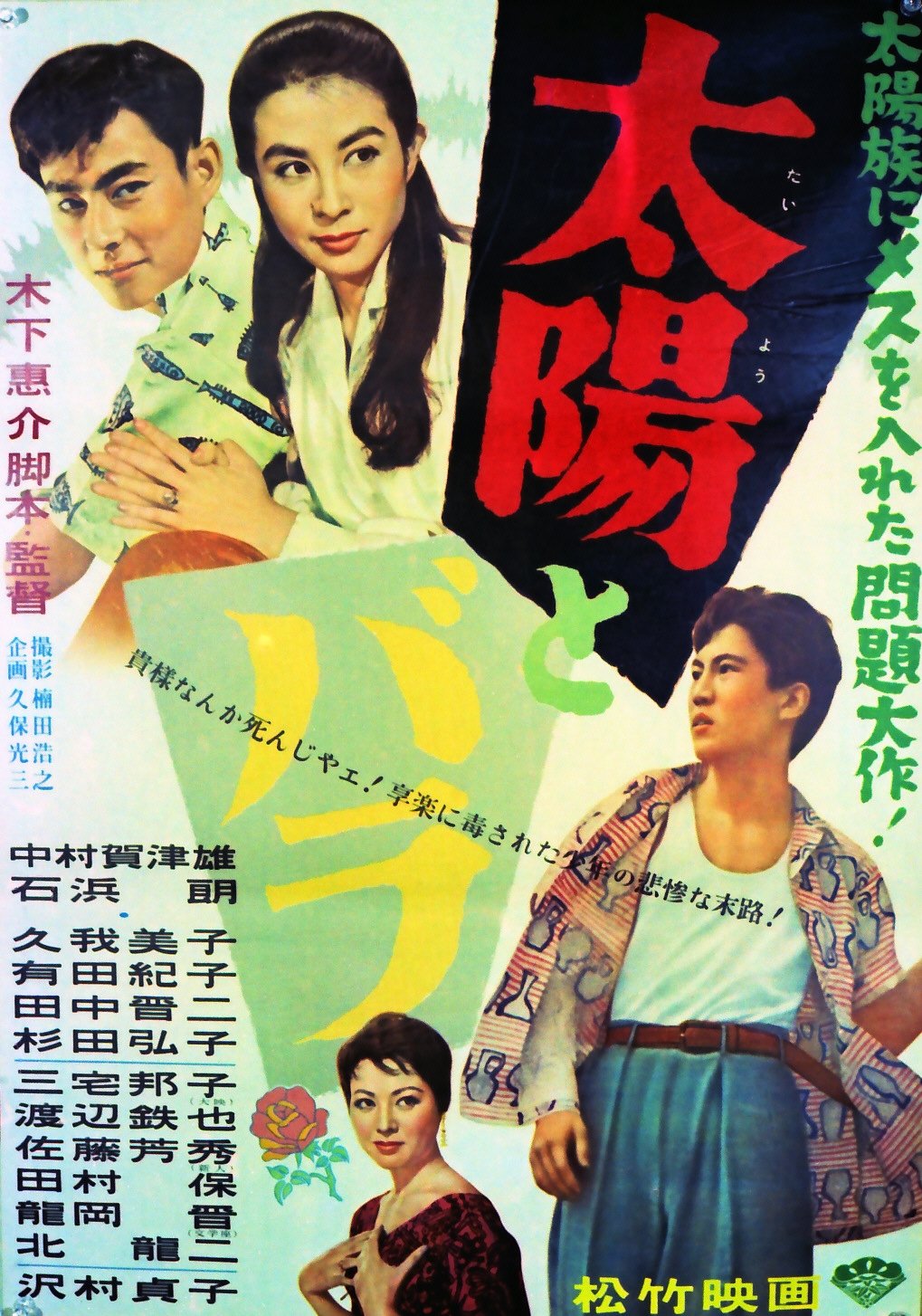
The Rose on His Arm
(Director)
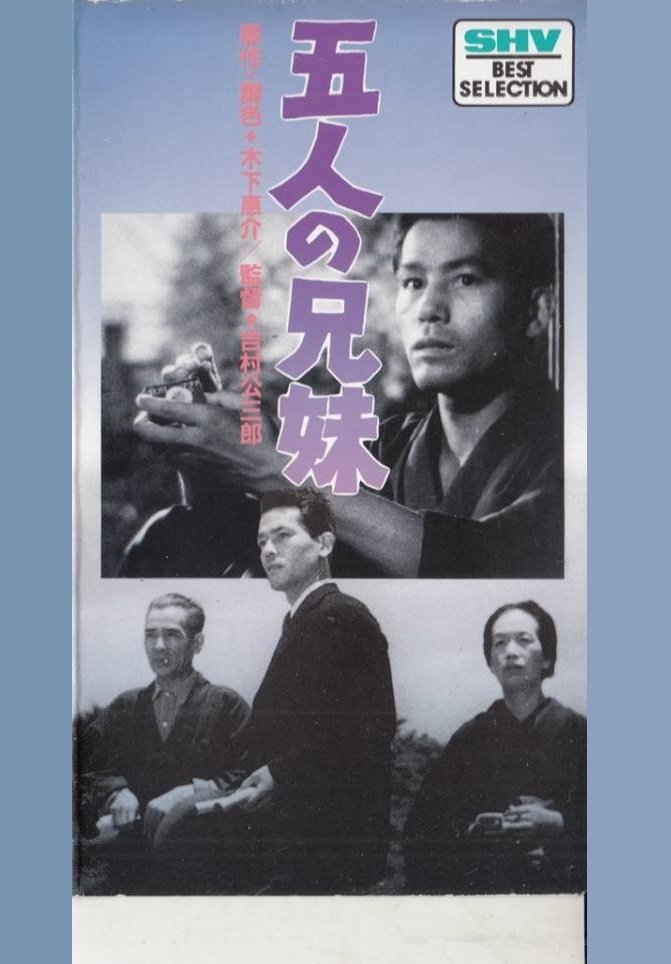
Five Siblings
(Writer)

Five Siblings
(Idea)
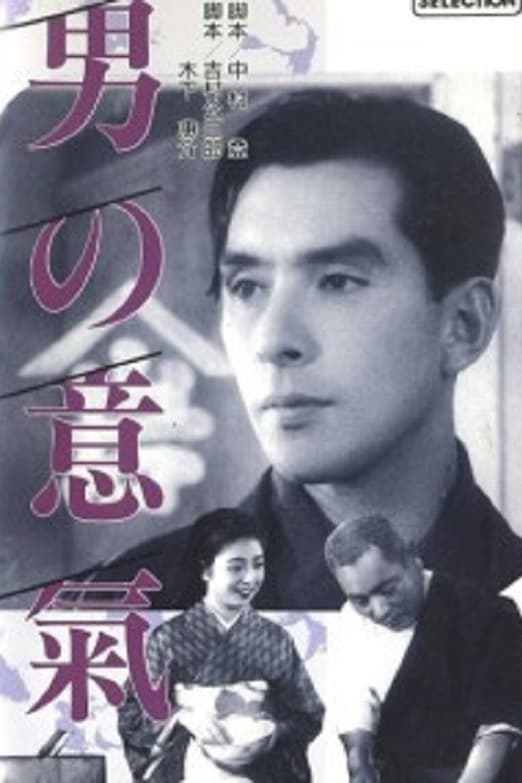
Otoko no iki
(Writer)
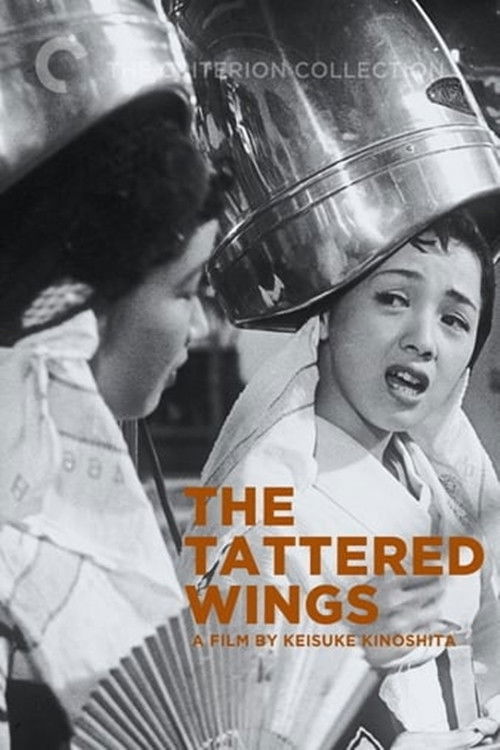
The Tattered Wings
(Director)
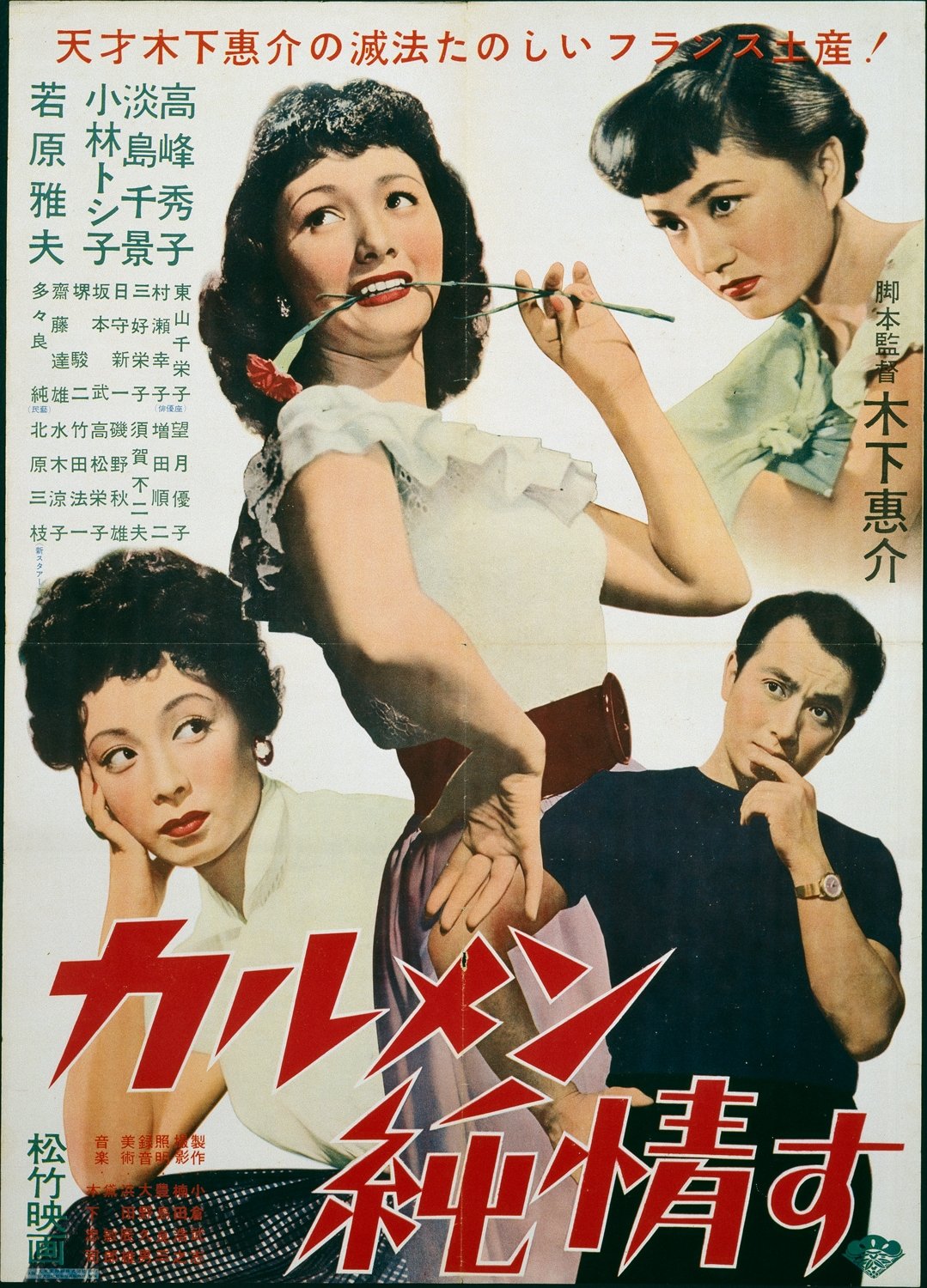
Carmen's Innocent Love
(Screenplay)

Carmen's Innocent Love
(Director)
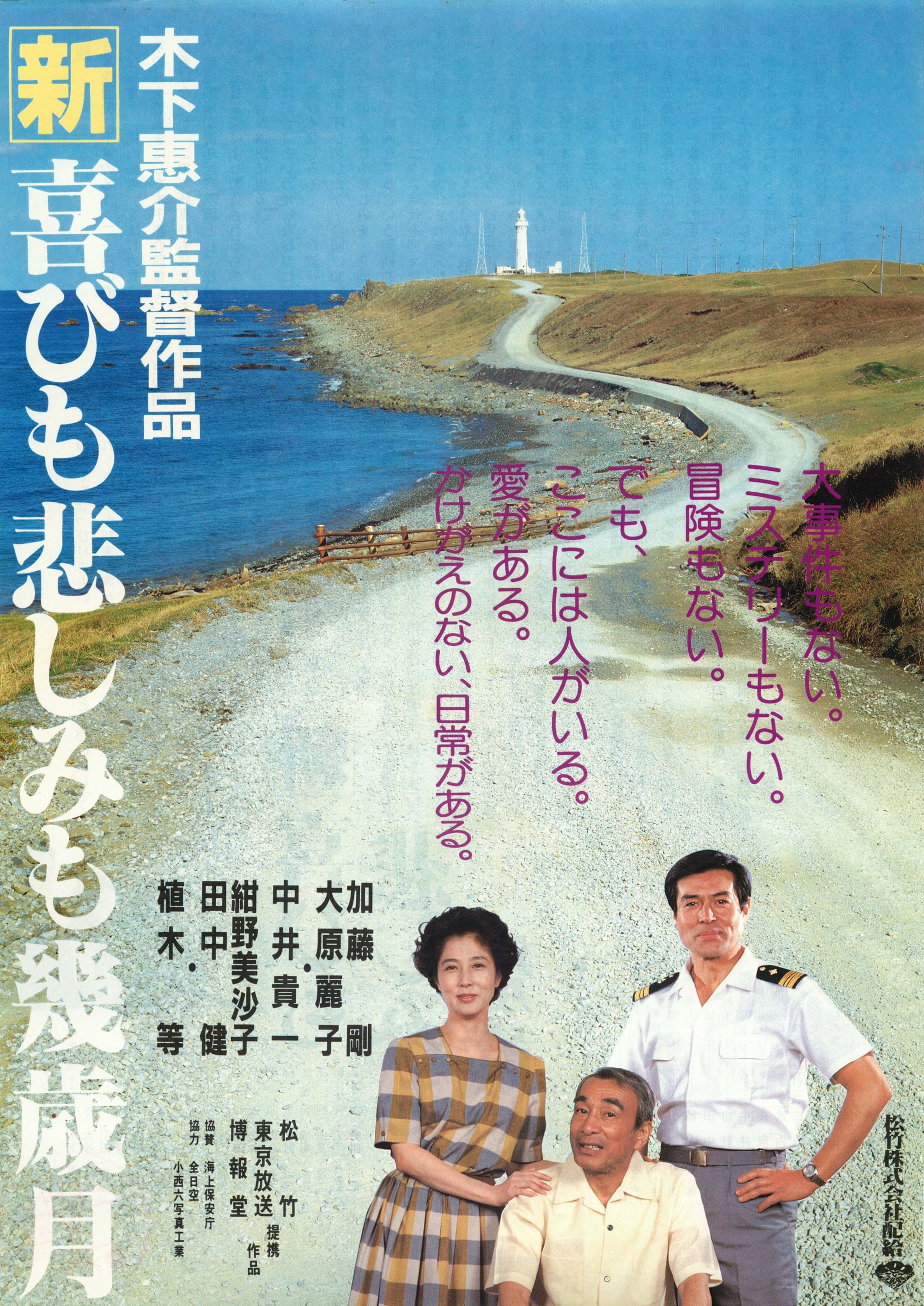
Big Joys, Small Sorrows
(Director)

Big Joys, Small Sorrows
(Writer)
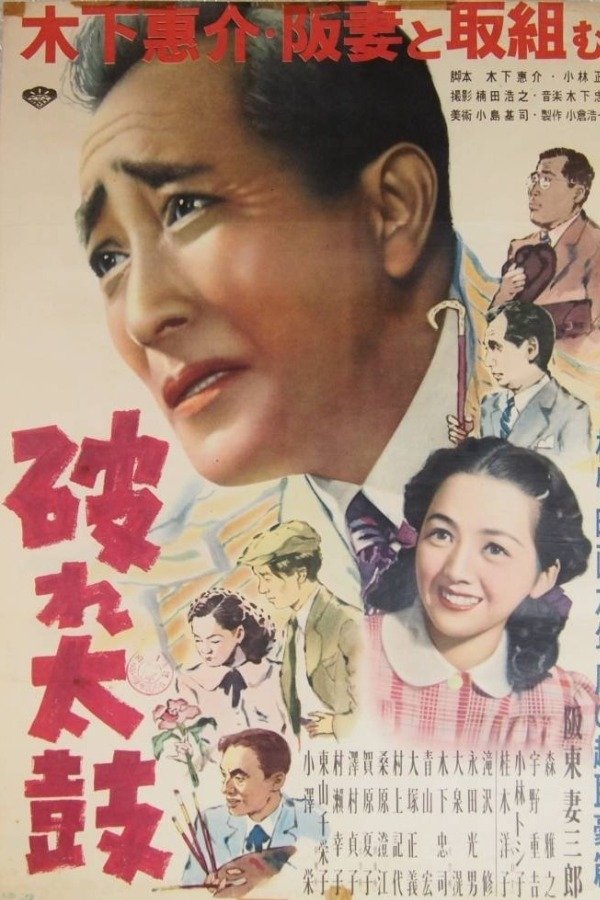
Broken Drum
(Director)

Broken Drum
(Story)

Broken Drum
(Screenplay)
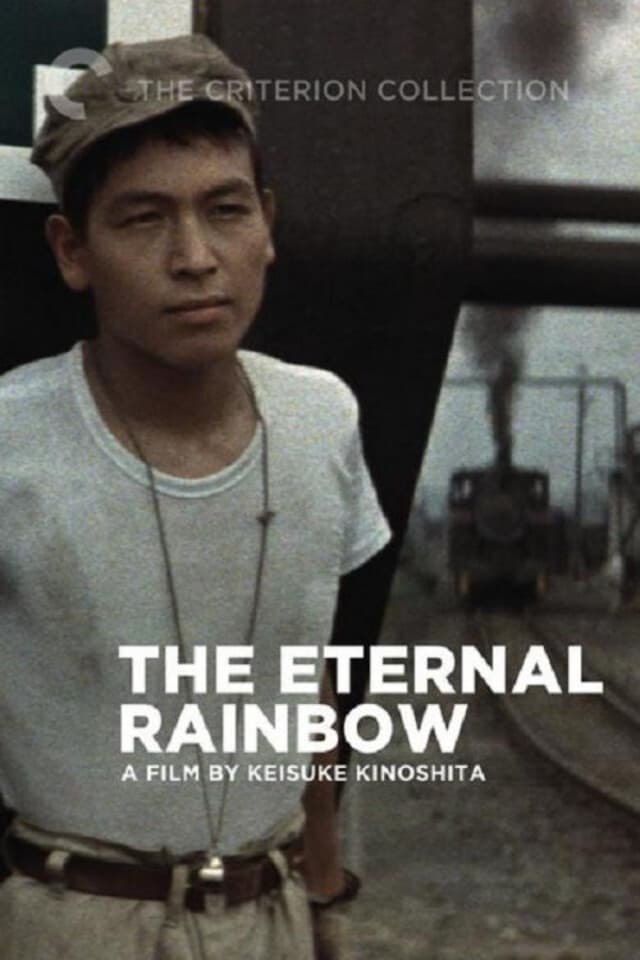
The Eternal Rainbow
(Director)

The Eternal Rainbow
(Writer)
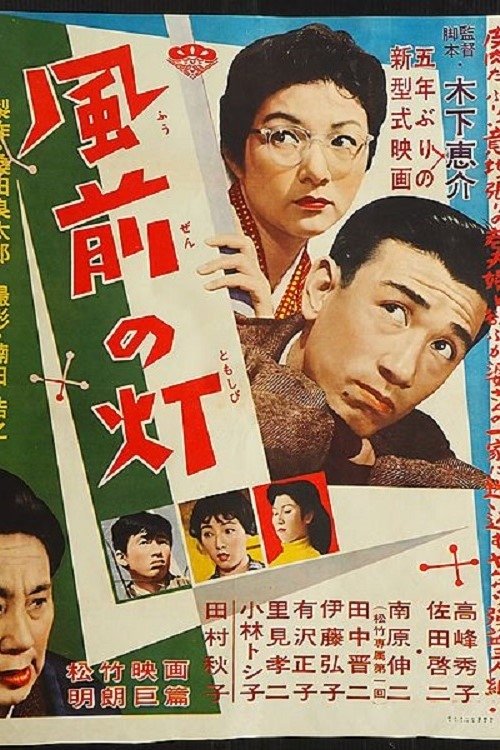
Danger Stalks Near
(Director)
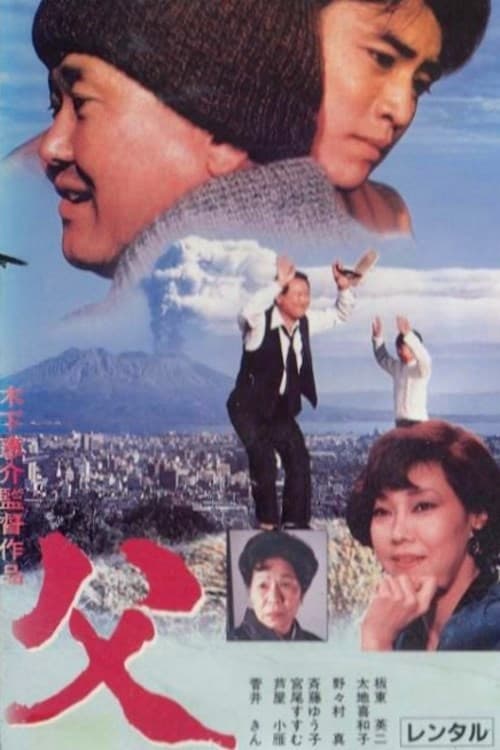
Father
(Director)
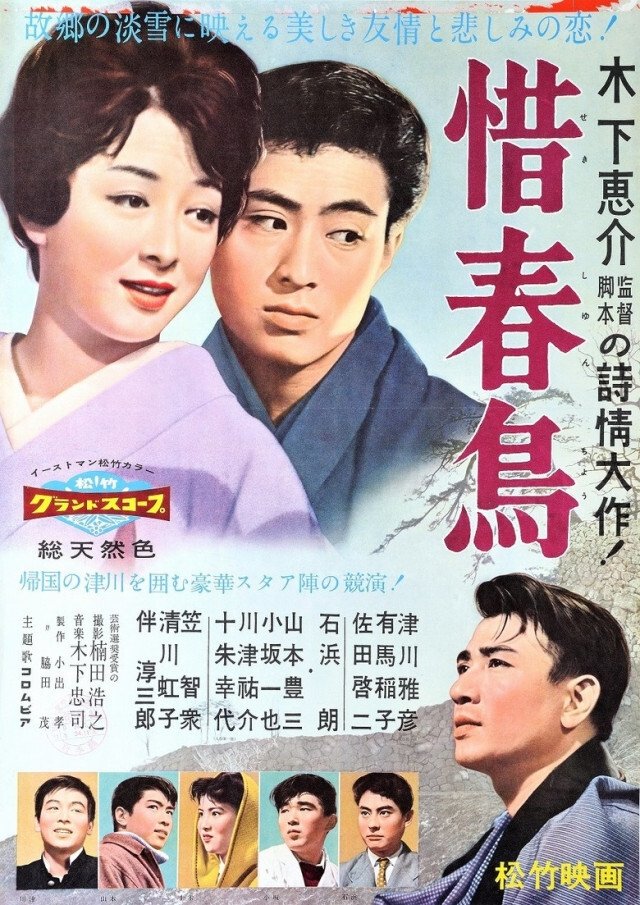
Farewell to Spring
(Director)

Father
(Writer)
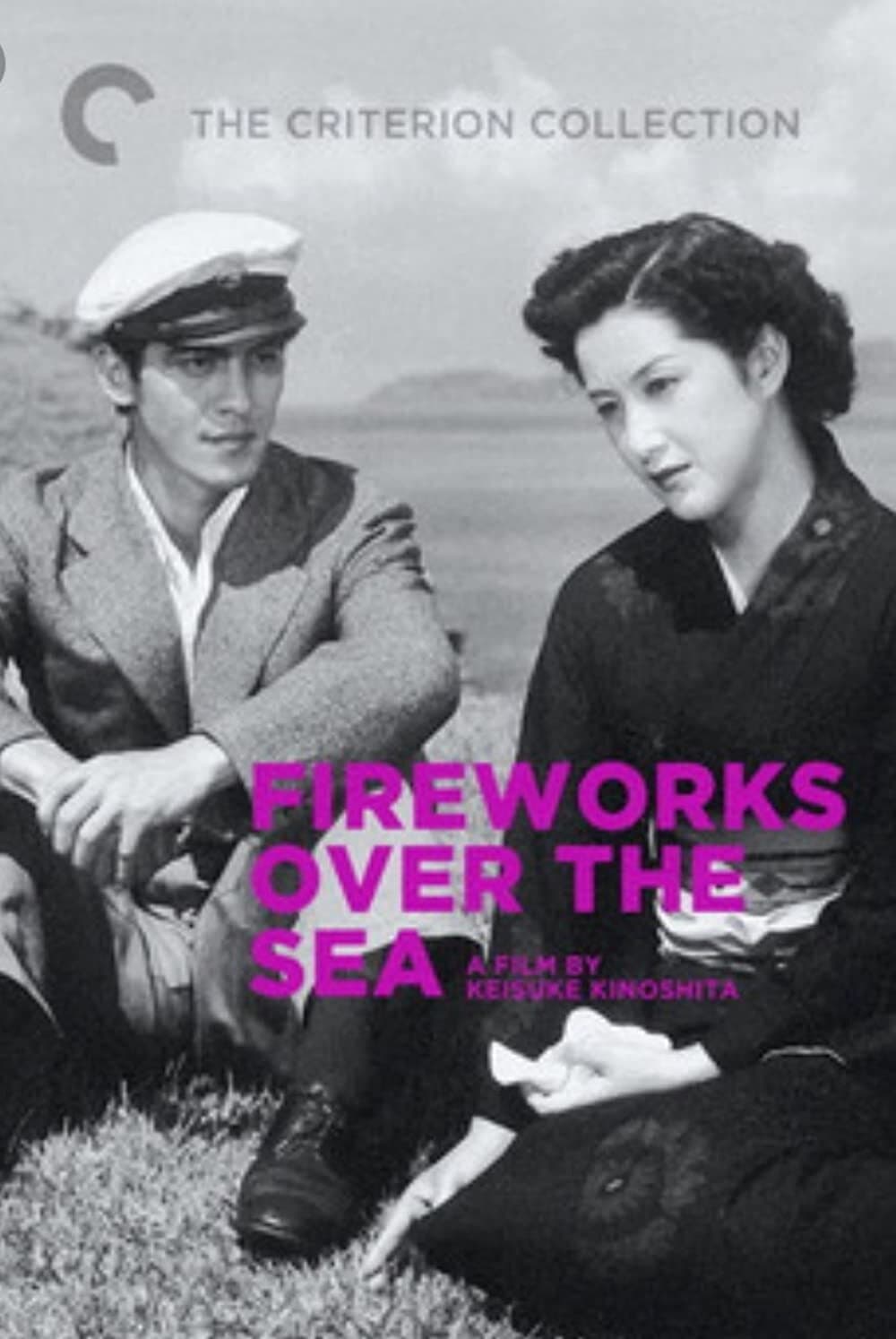
Fireworks Over the Sea
(Screenplay)

Fireworks Over the Sea
(Director)
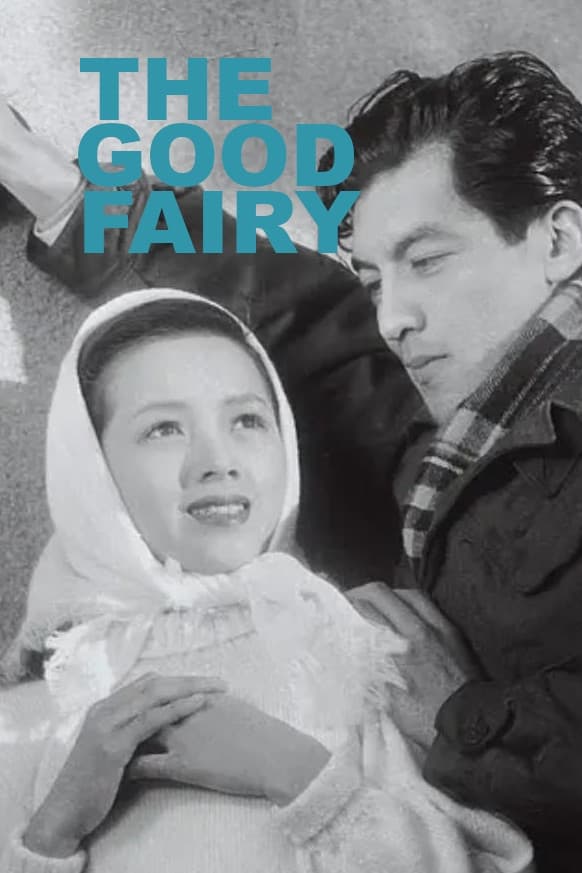
The Good Fairy
(Director)
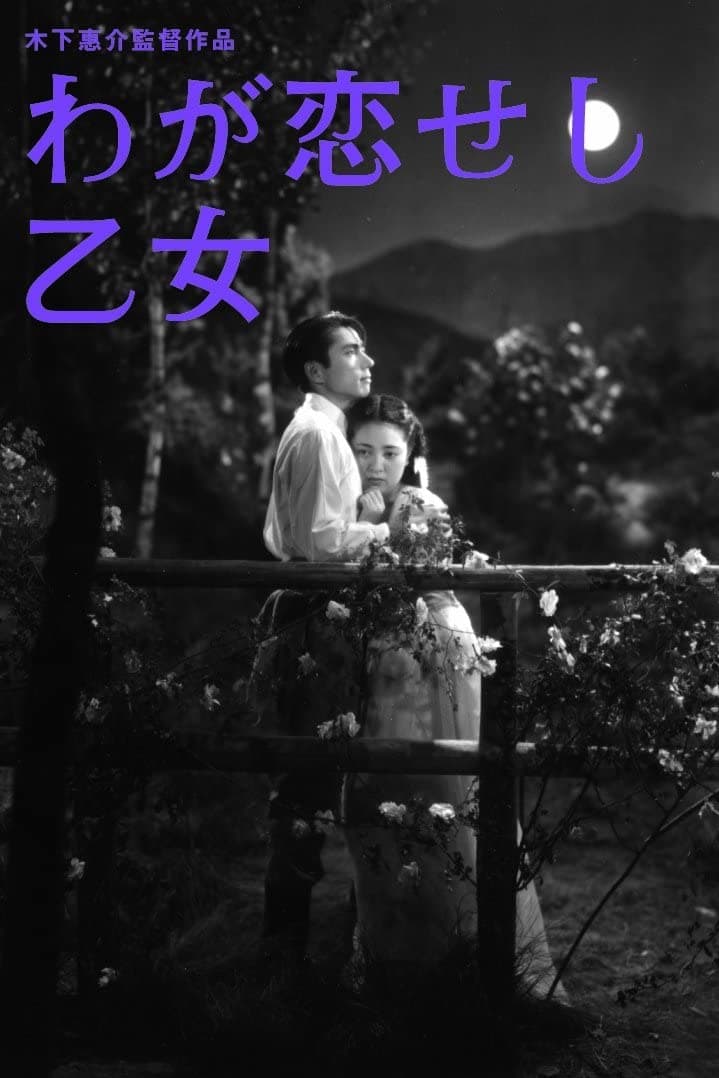
The Girl I Loved
(Director)

The Girl I Loved
(Story)

The Good Fairy
(Screenplay)
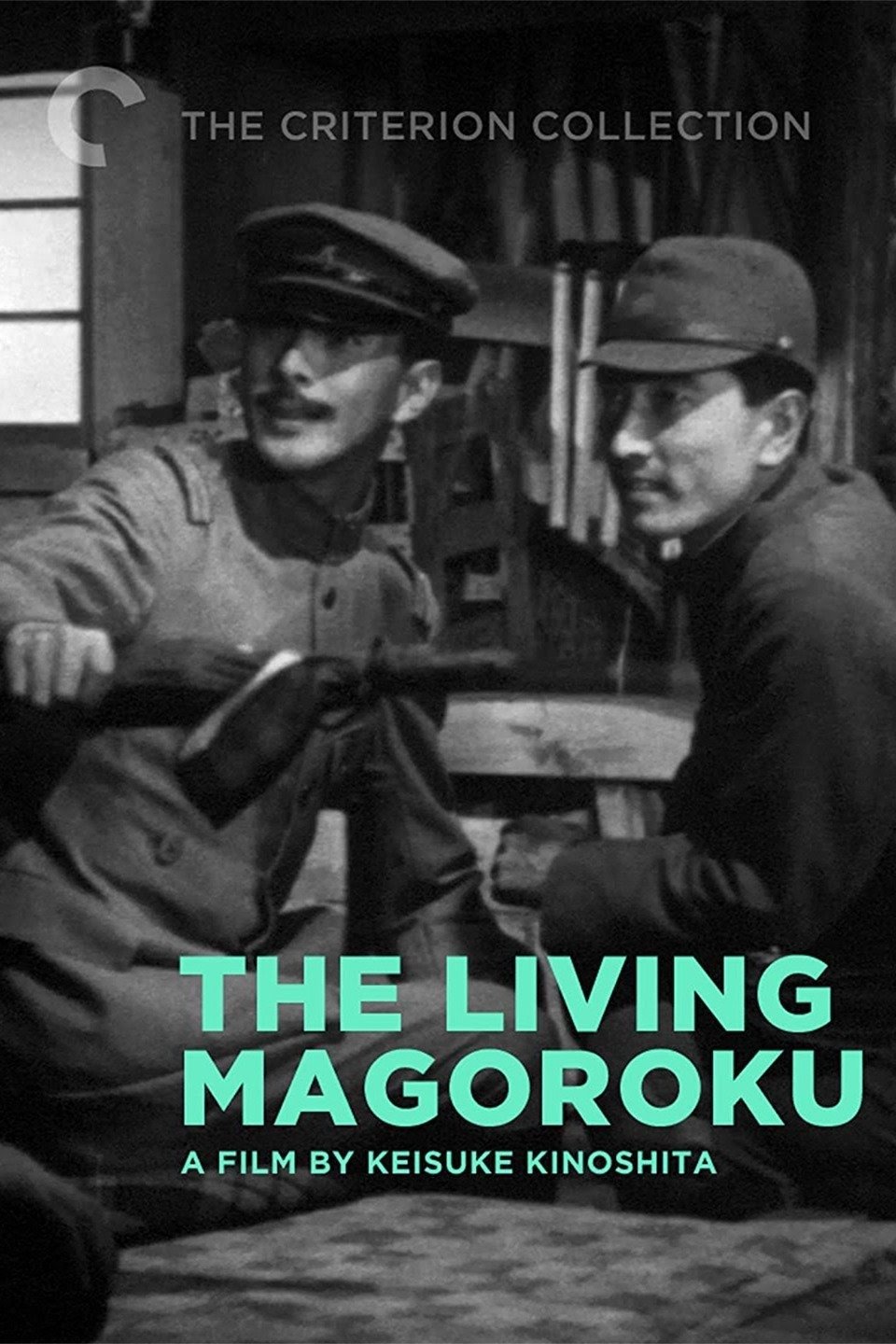
The Living Magoroku
(Director)
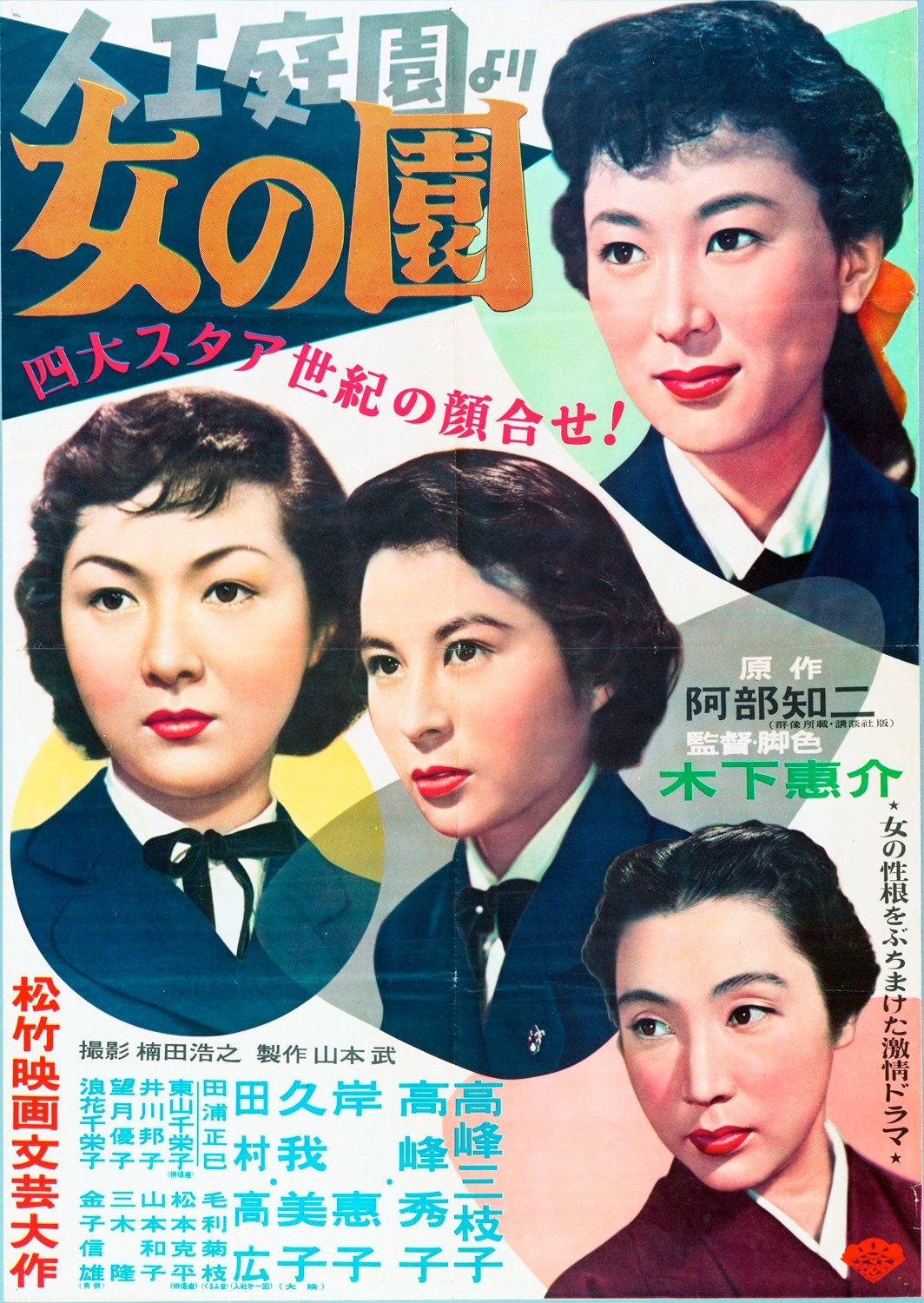
The Garden of Women
(Director)

The Girl I Loved
(Screenplay)
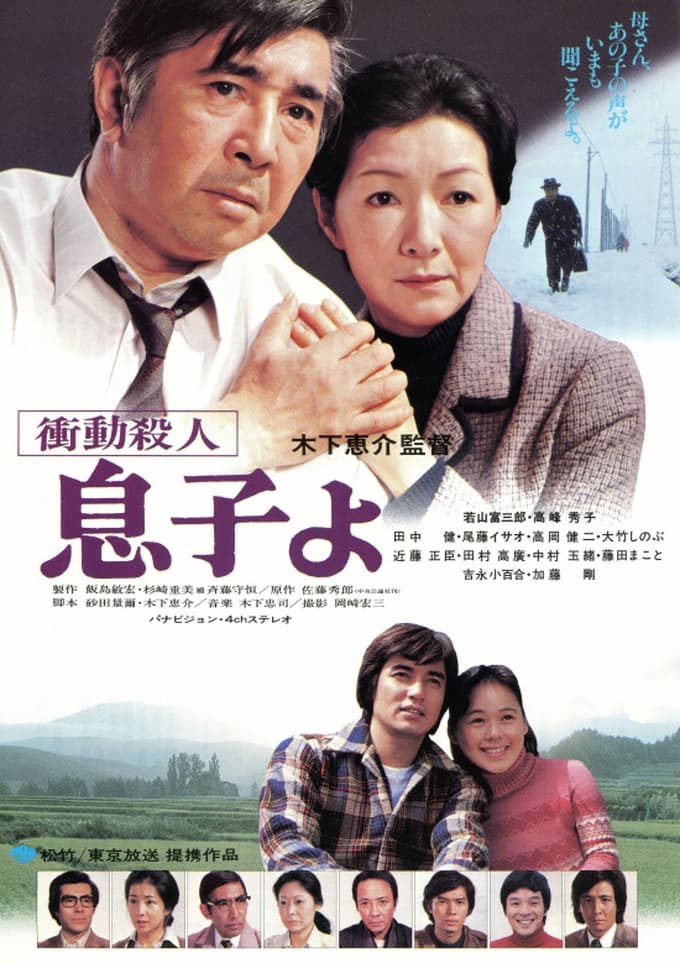
Oh, My Son!
(Director)
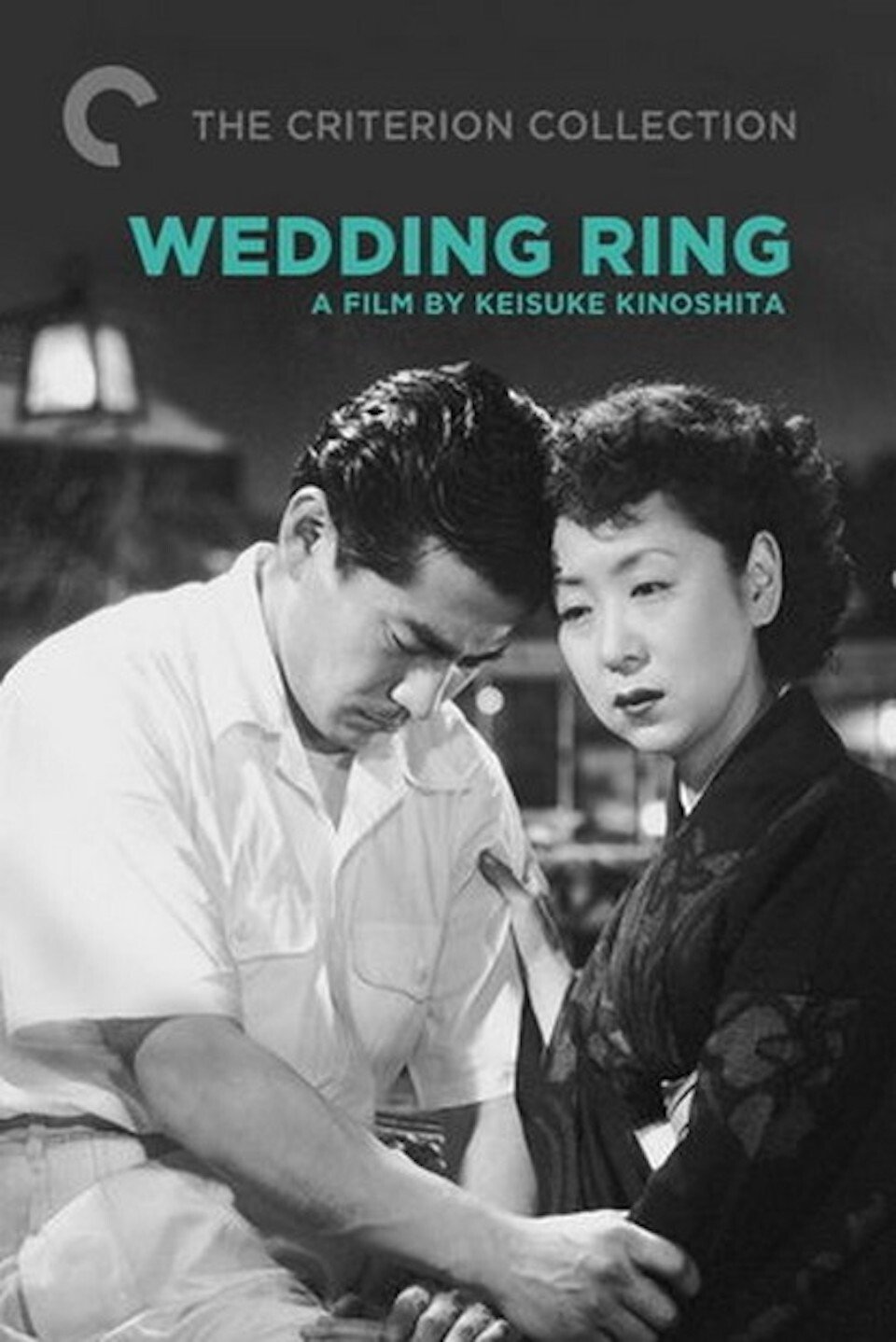
Wedding Ring
(Screenplay)
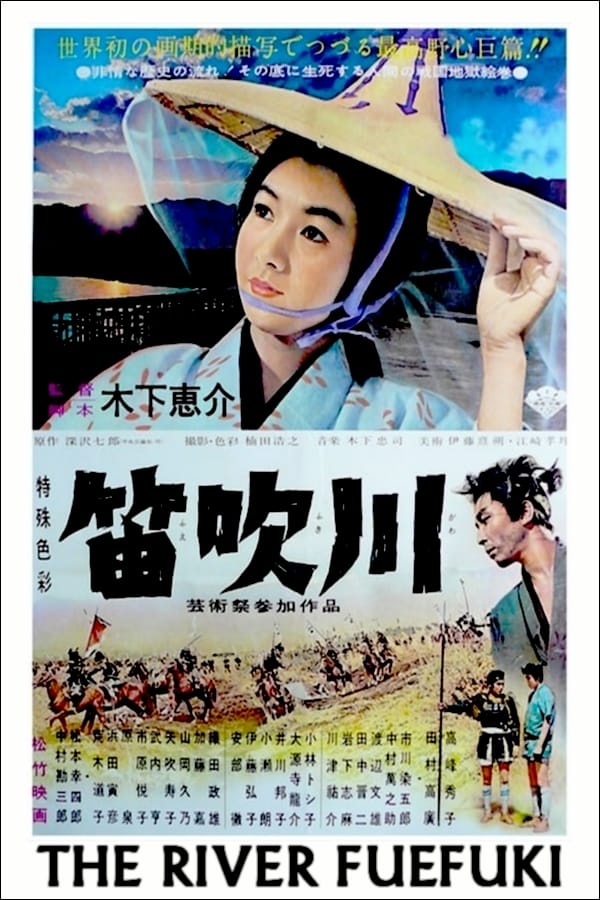
The River Fuefuki
(Director)

The River Fuefuki
(Screenplay)
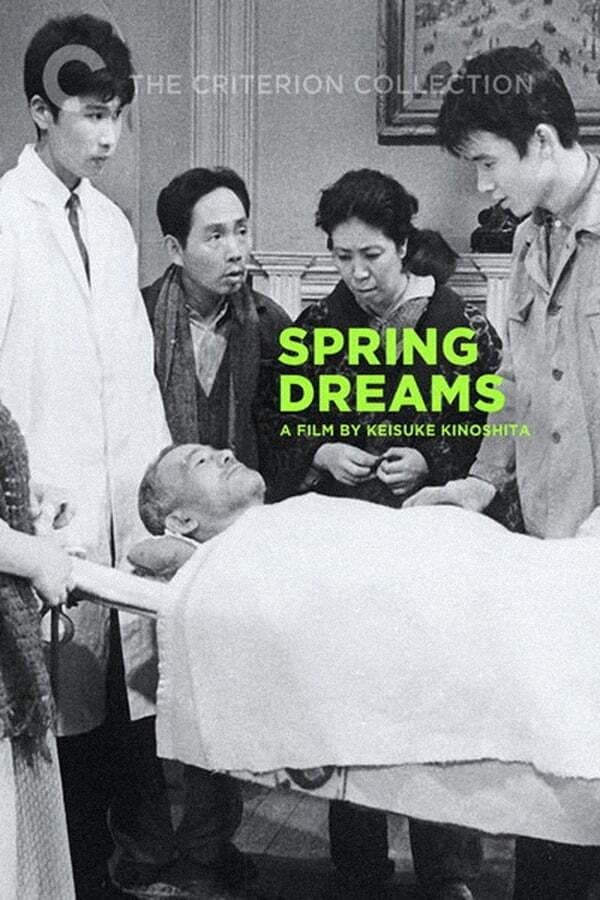
Spring Dreams
(Director)

Wedding Ring
(Director)
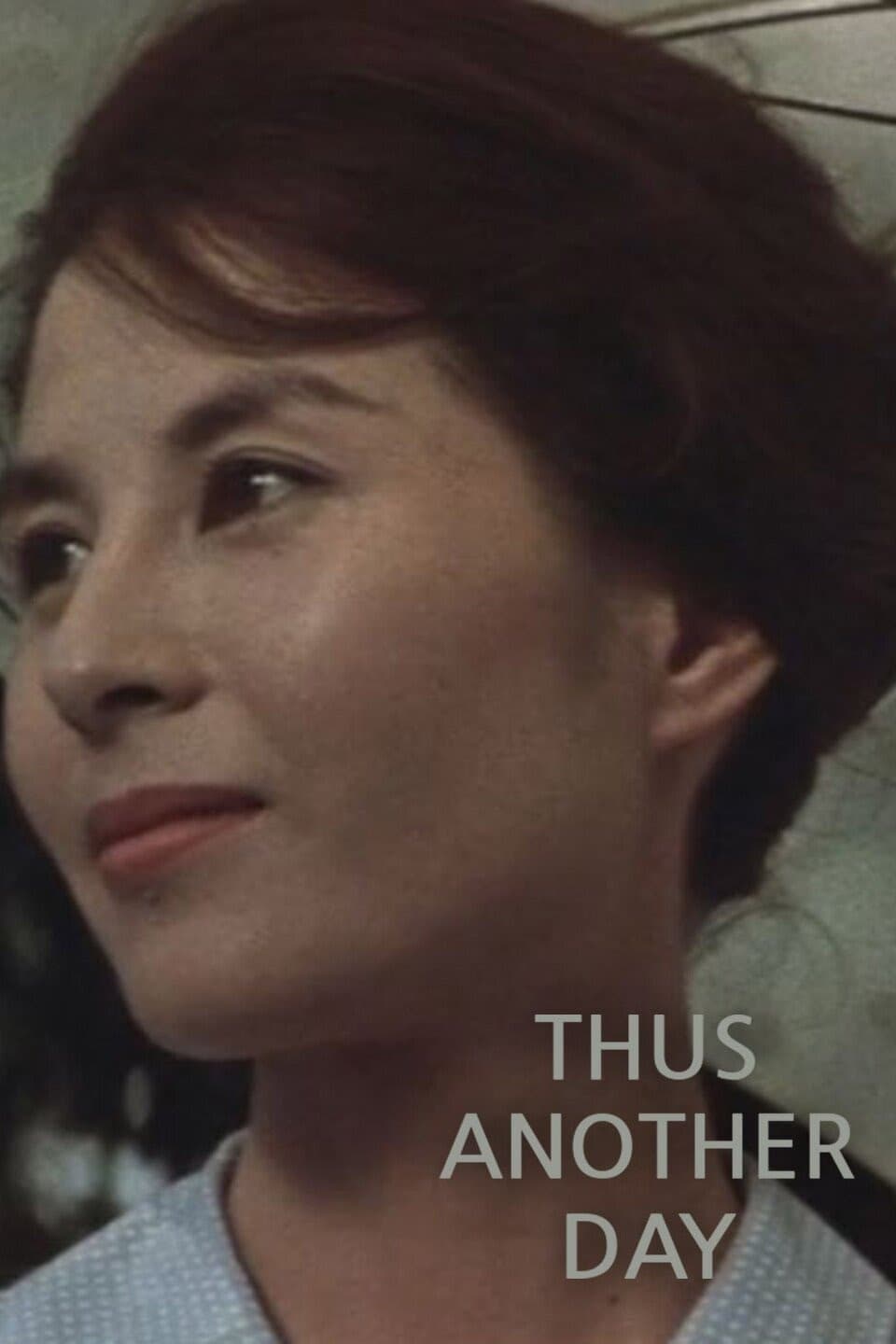
Thus Another Day
(Director)
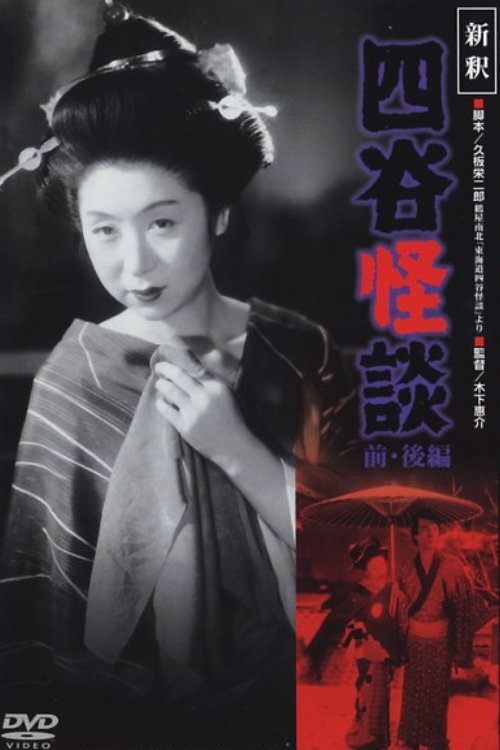
Yotsuya Ghost Story Part 2
(Director)
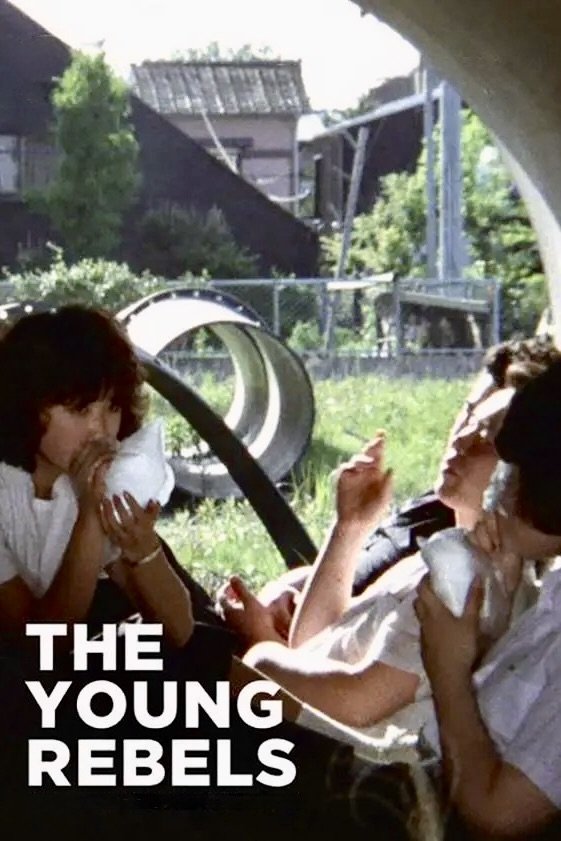
The Young Rebels
(Director)

The Young Rebels
(Writer)
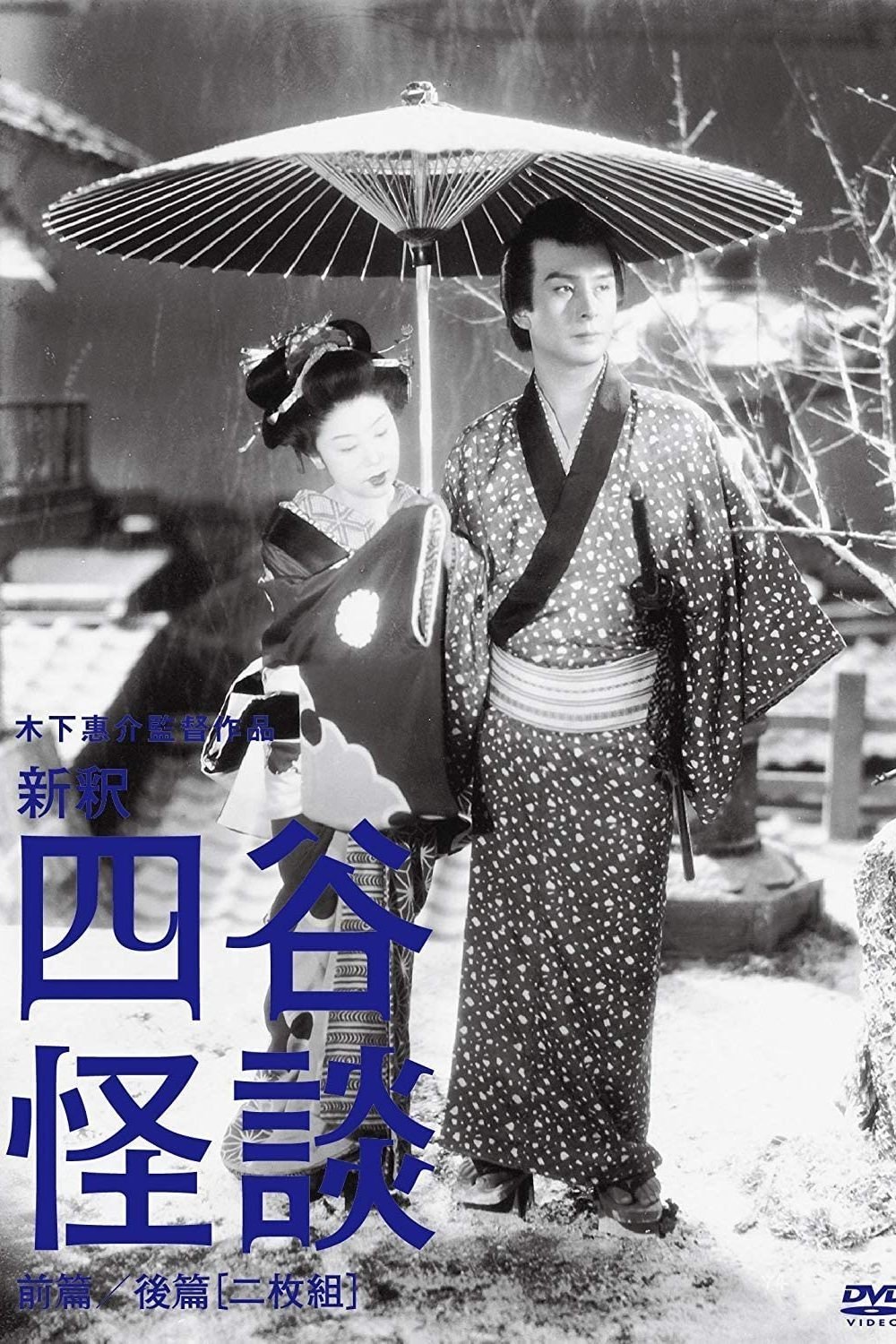
Yotsuya Ghost Story Part 1
(Director)
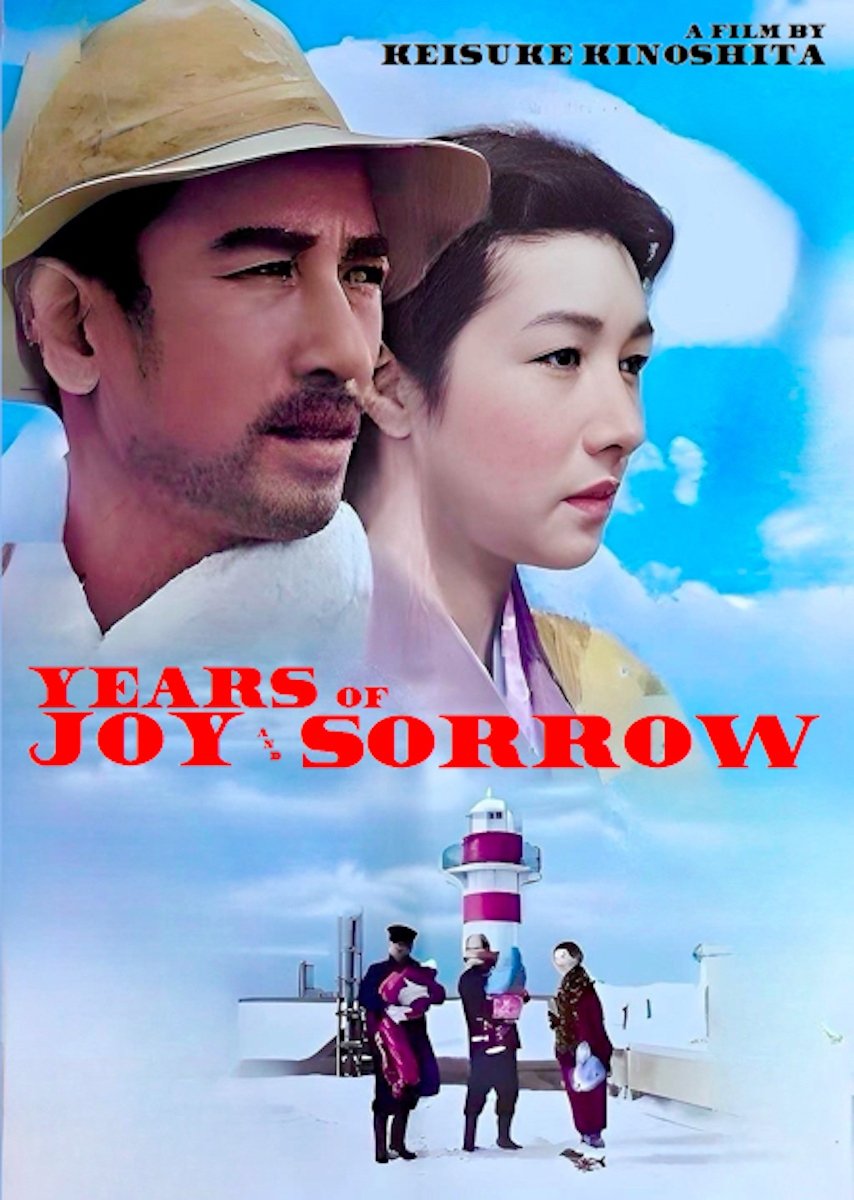
Times of Joy and Sorrow
(Writer)

Times of Joy and Sorrow
(Director)
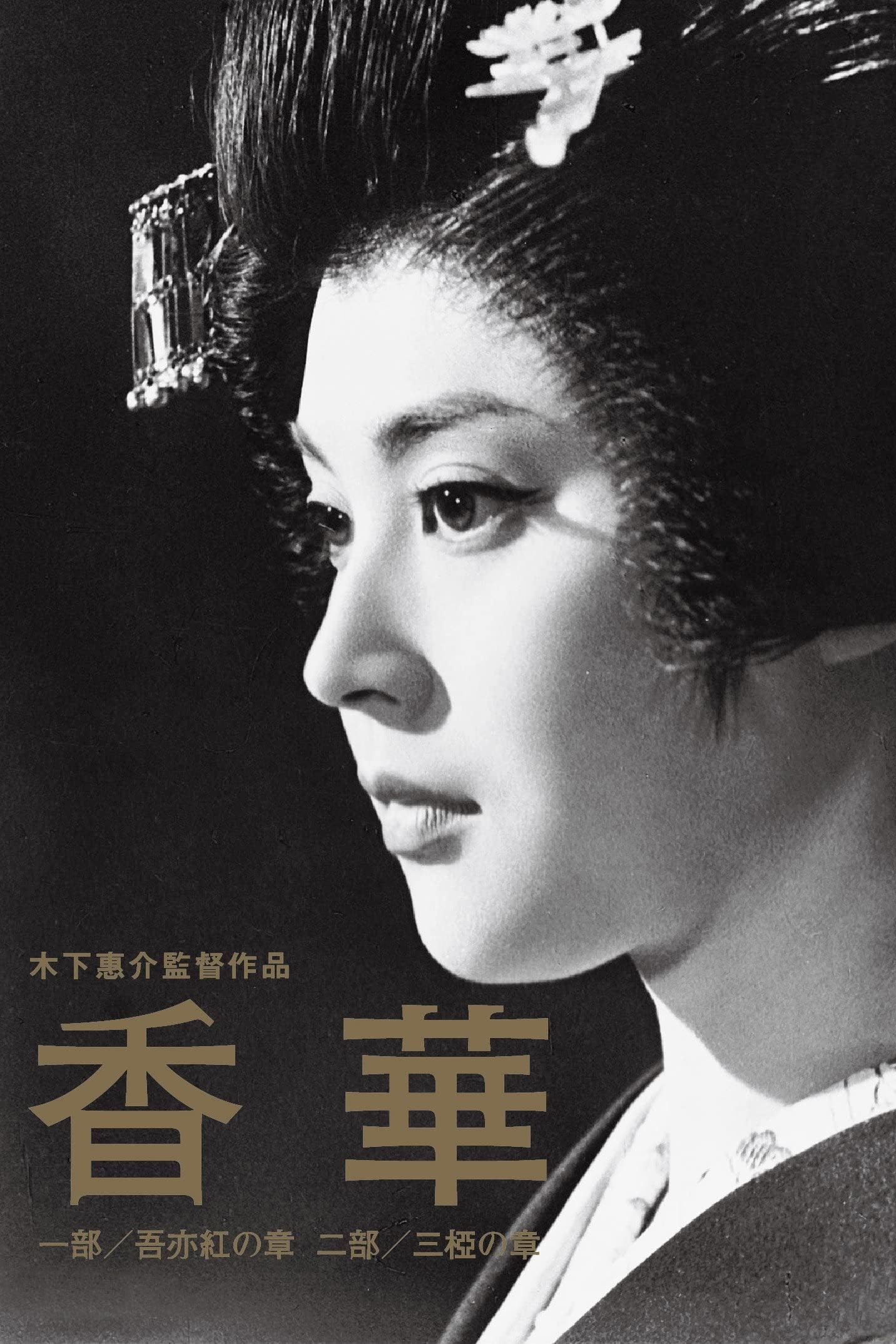
The Scent of Incense
(Producer)

The Scent of Incense
(Director)

The Scent of Incense
(Writer)
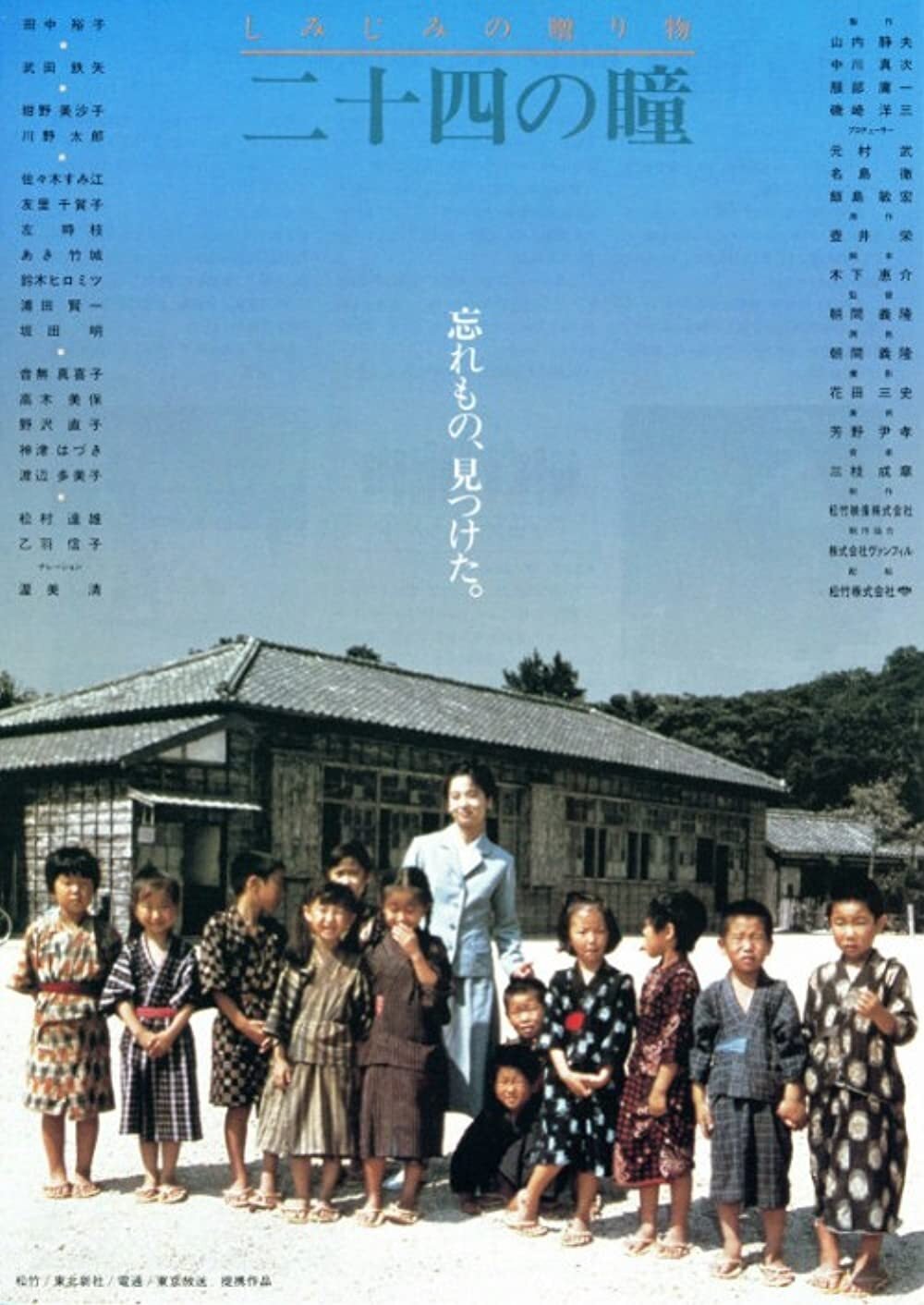
Children on the Island
(Screenplay)

The Lights of Asakusa
(Assistant Director)
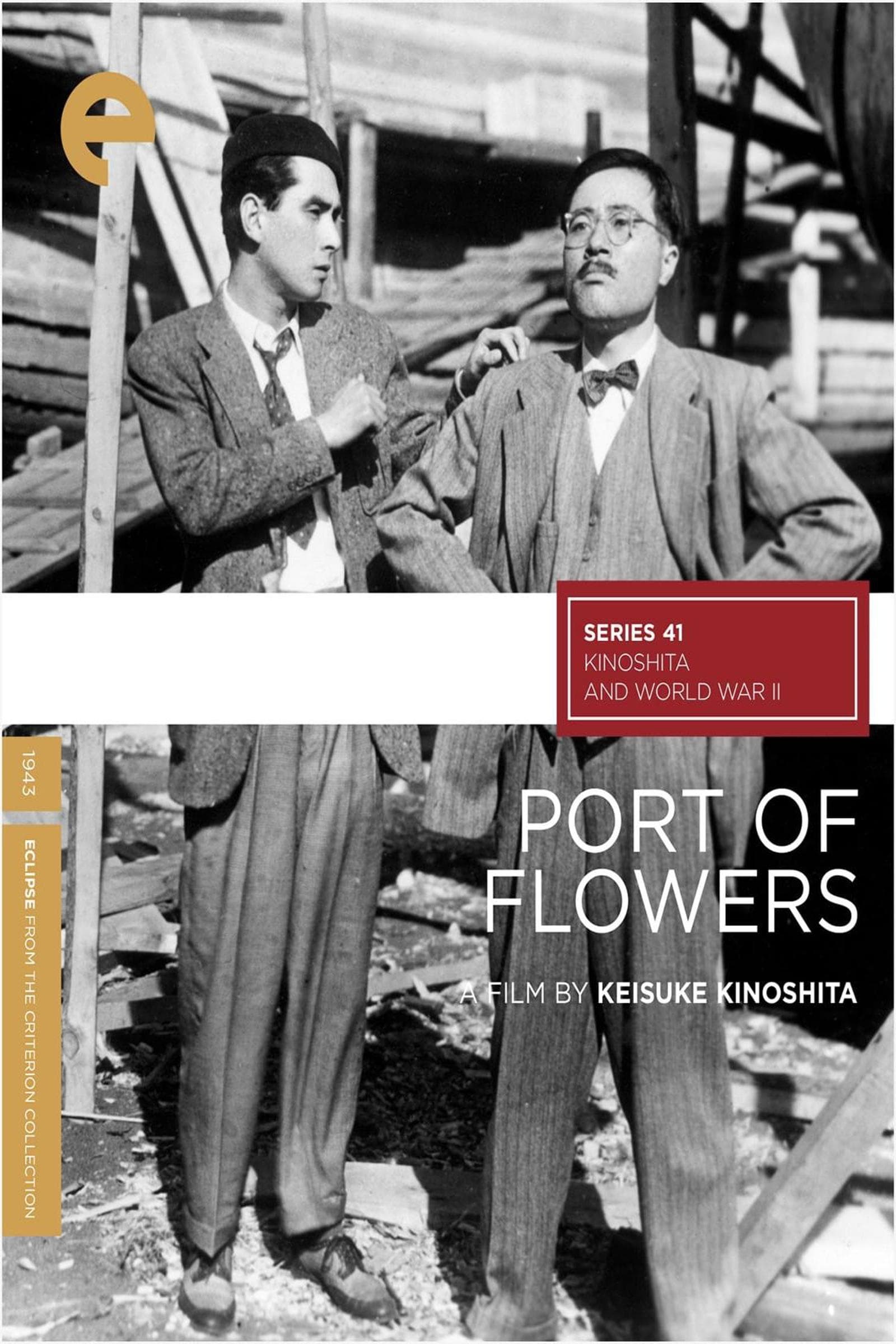
Port of Flowers
(Director)
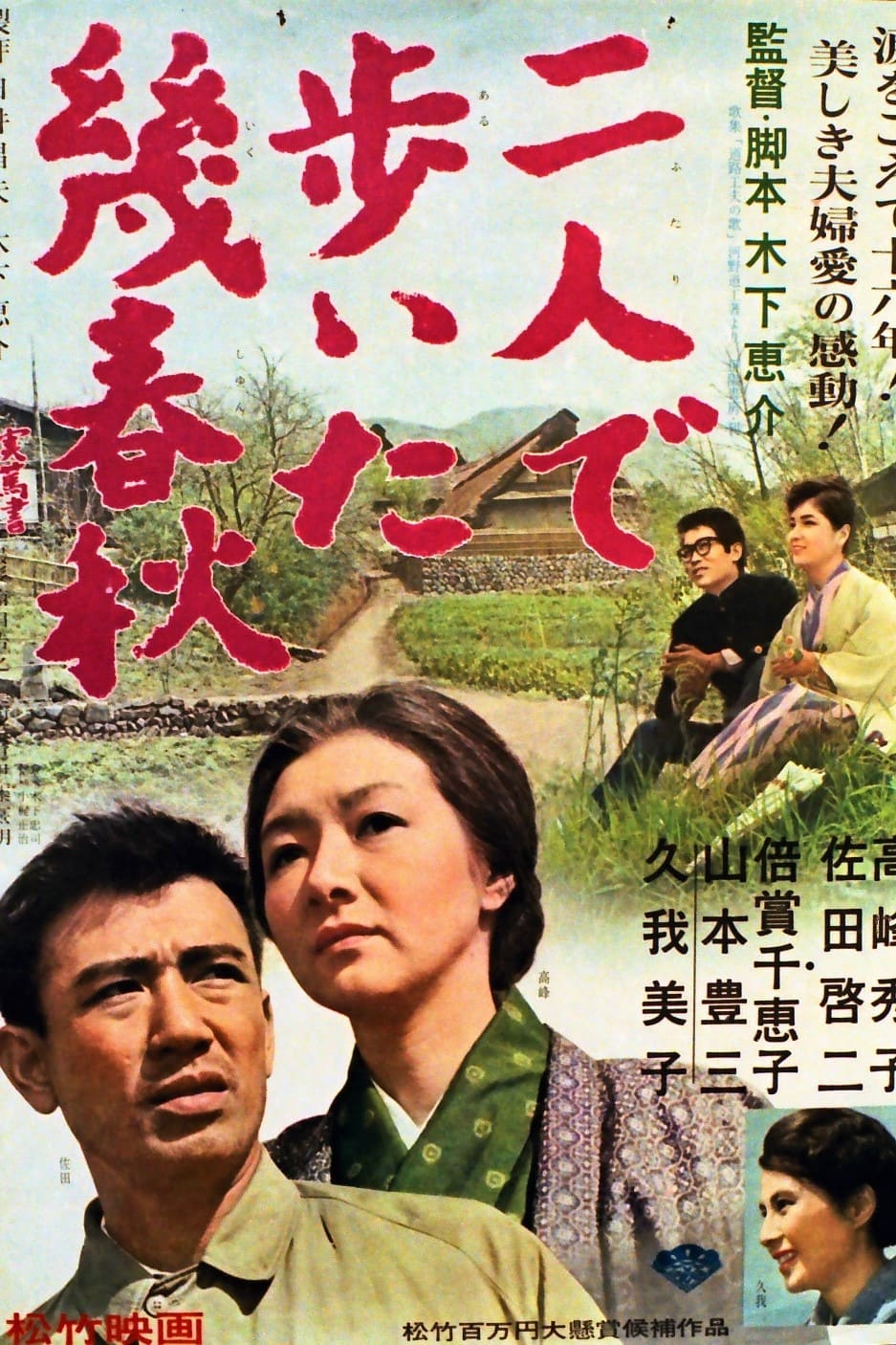
Ballad of a Workman
(Producer)

Ballad of a Workman
(Screenplay)

Boyhood
(Screenplay)
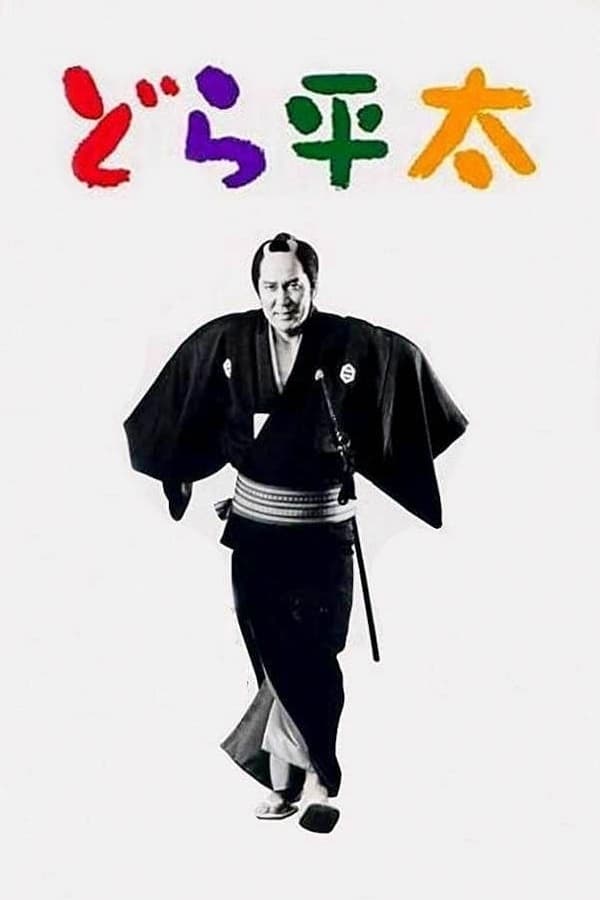
Dora-heita
(Screenplay)
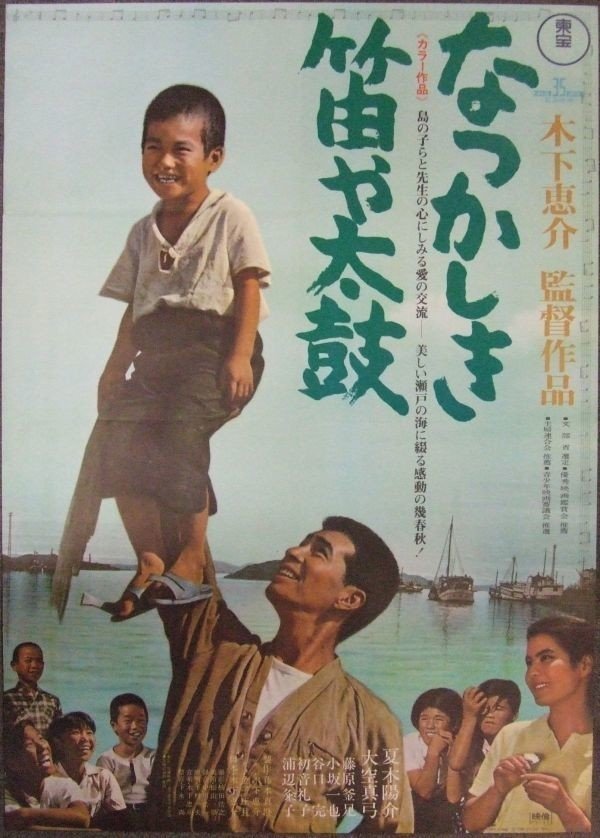
Eyes, the Sea and a Ball
(Director)

The Tattered Wings
(Screenplay)
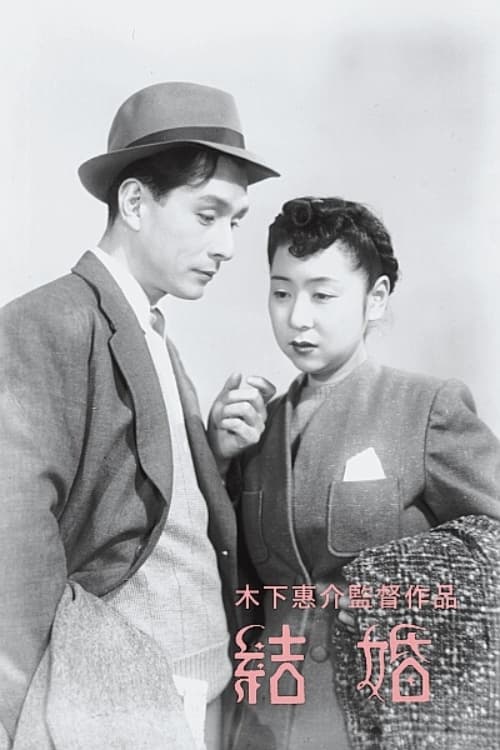
Marriage
(Director)
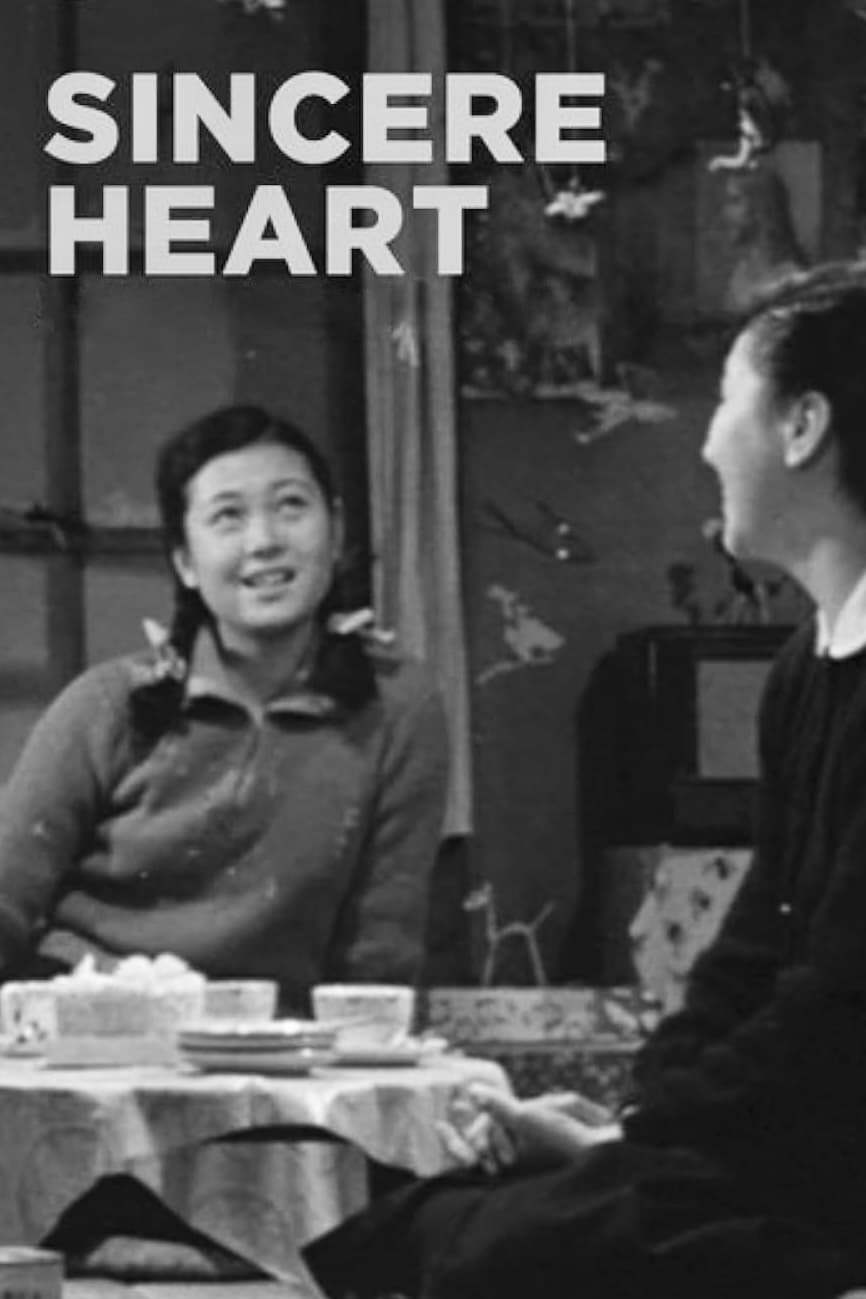
Sincere Heart
(Screenplay)

Marriage
(Story)
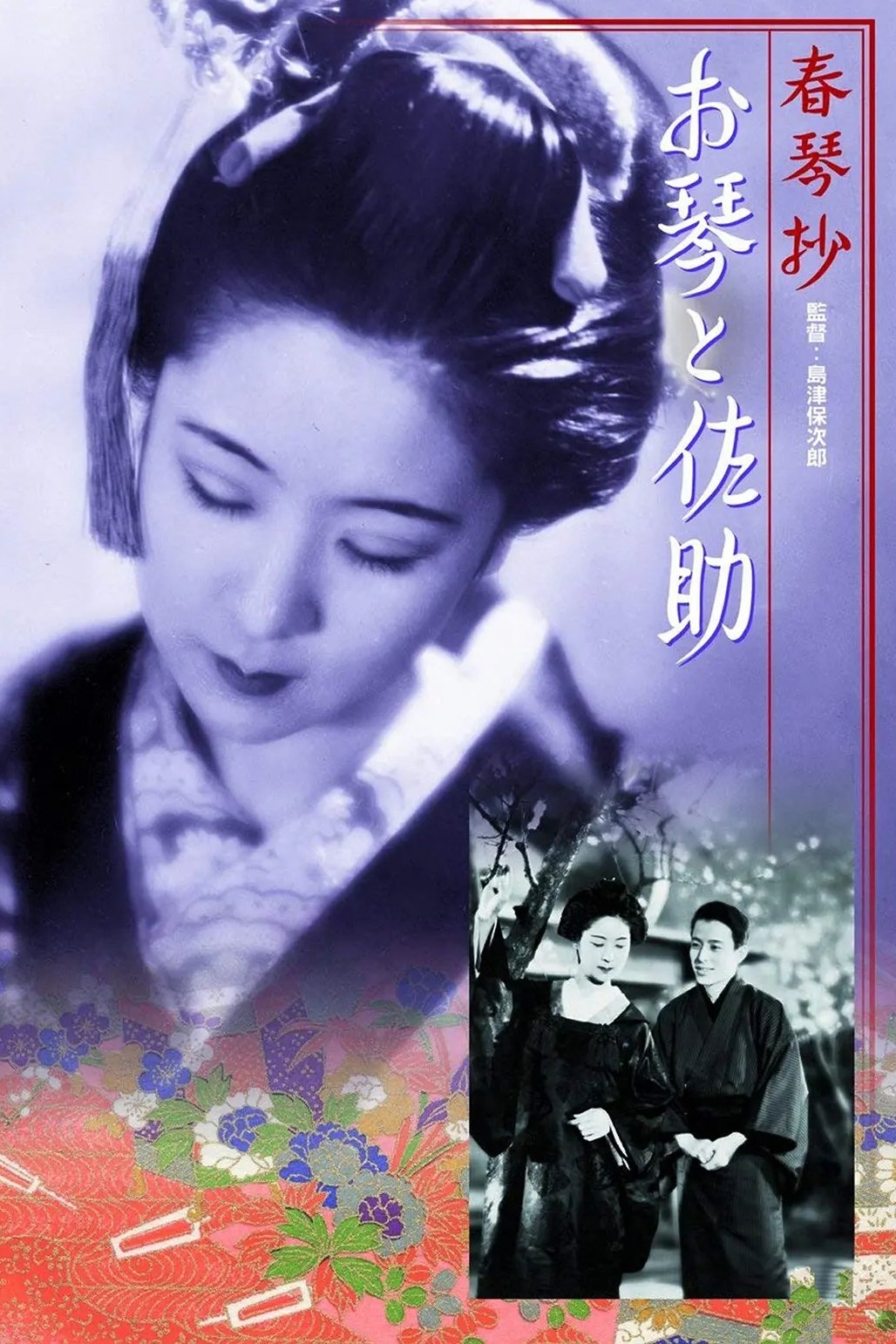
Okoto and Sasuke
(Assistant Camera)

Wedding Ring
(Producer)

Spring Dreams
(Screenplay)
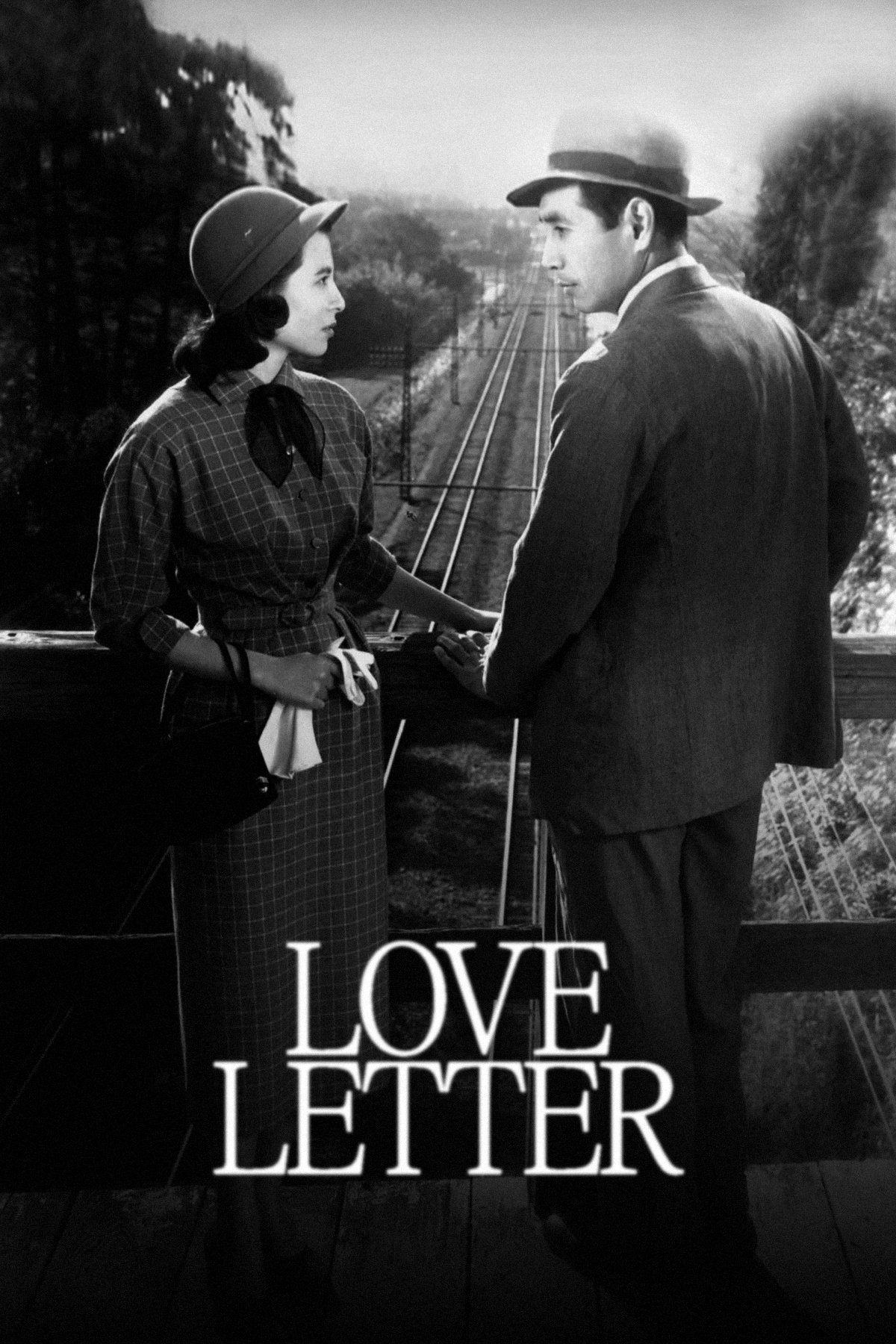
Love Letter
(Screenplay)

The River Fuefuki
(Producer)
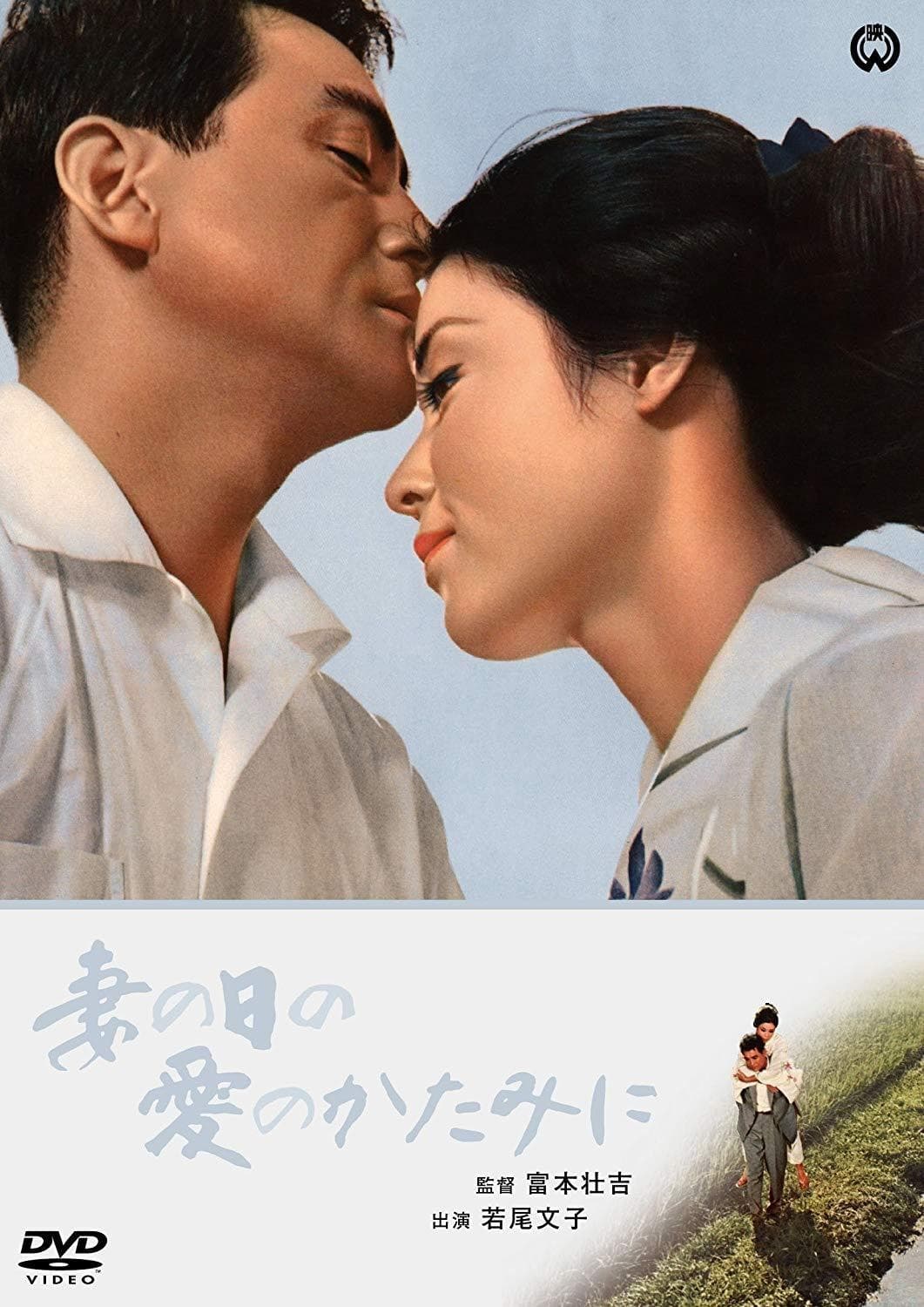
While Yet a Wife
(Writer)

Woman
(Screenplay)
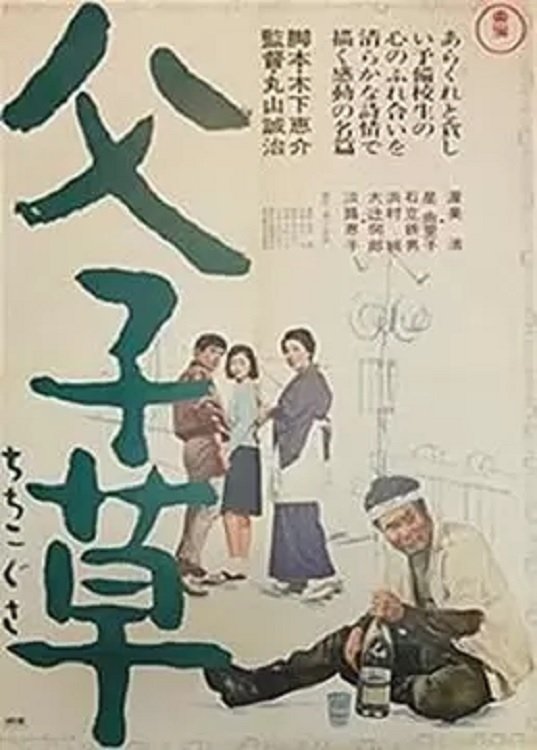
Green Light to Joy
(Screenplay)

Ballad of a Workman
(Director)
Once a Rainy Day
(Original Story)
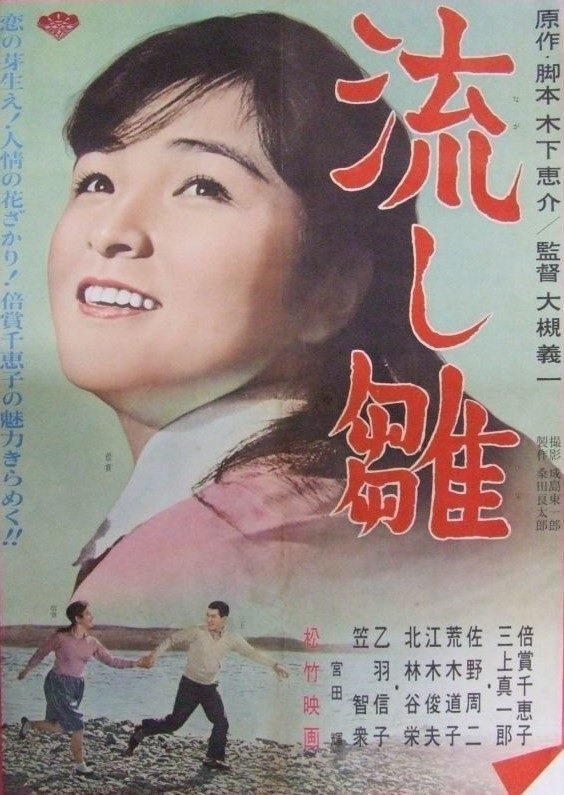
Dolls floating down the river
(Screenplay)

Sing, Young People!
(Executive Producer)
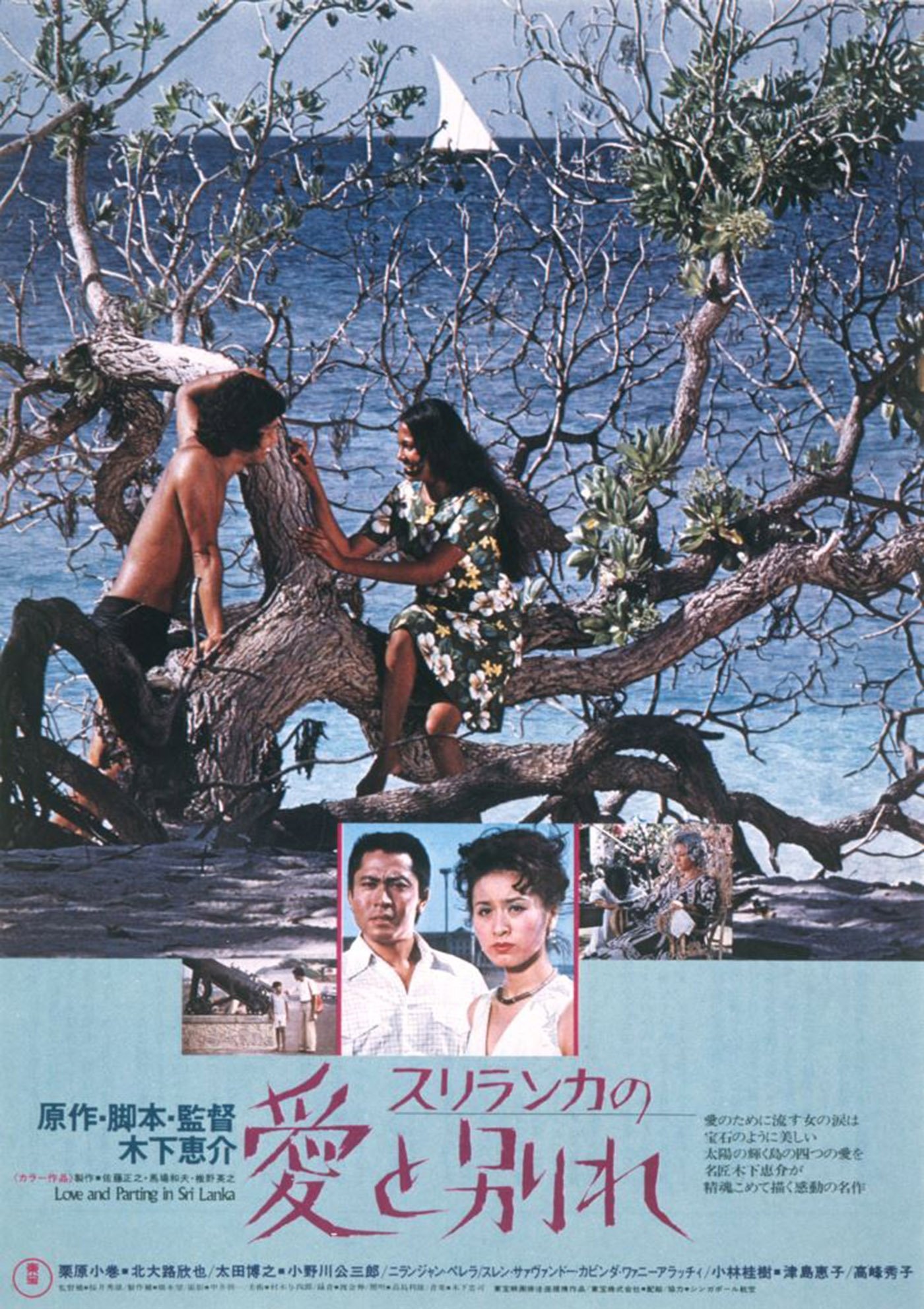
Love and Separation in Sri Lanka
(Director)

Danger Stalks Near
(Screenplay)

The Garden of Women
(Screenplay)
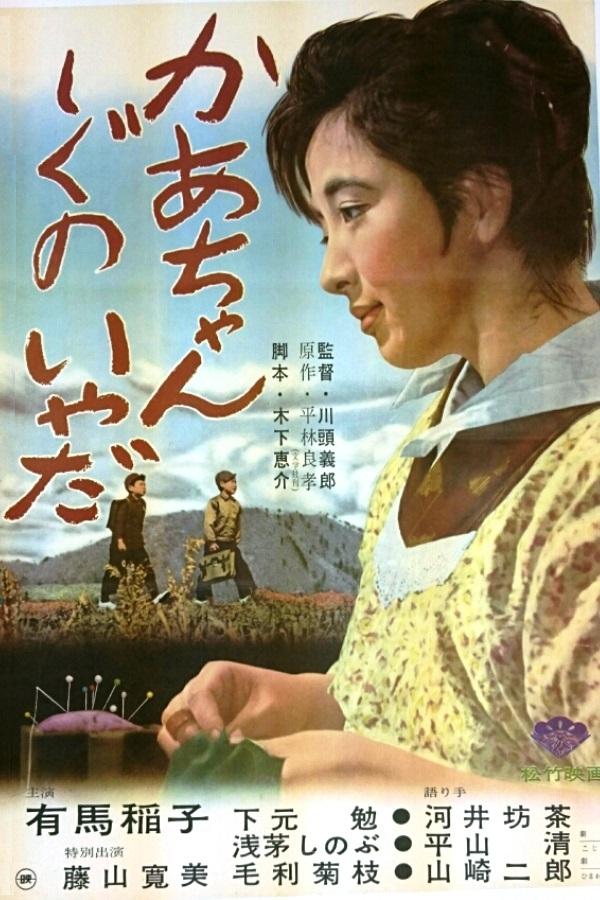
Don't Ever Die, Mama!
(Screenplay)

A Legend or Was It?
(Screenplay)

A Legend or Was It?
(Producer)

The Living Magoroku
(Writer)
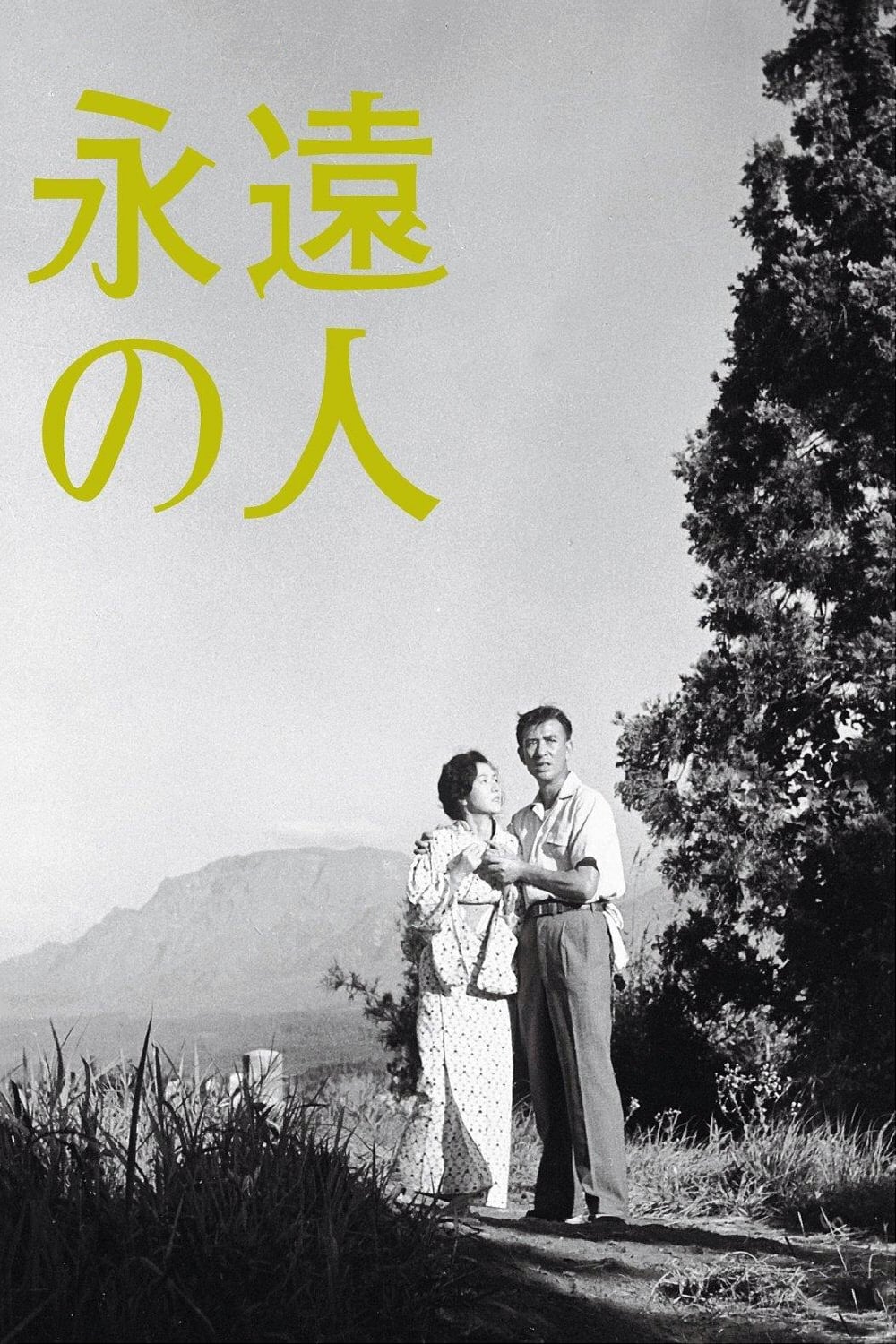
Immortal Love
(Producer)

Immortal Love
(Director)

Phoenix
(Screenplay)

Thus Another Day
(Screenplay)

Oh, My Son!
(Screenplay)

Eyes, the Sea and a Ball
(Screenplay)
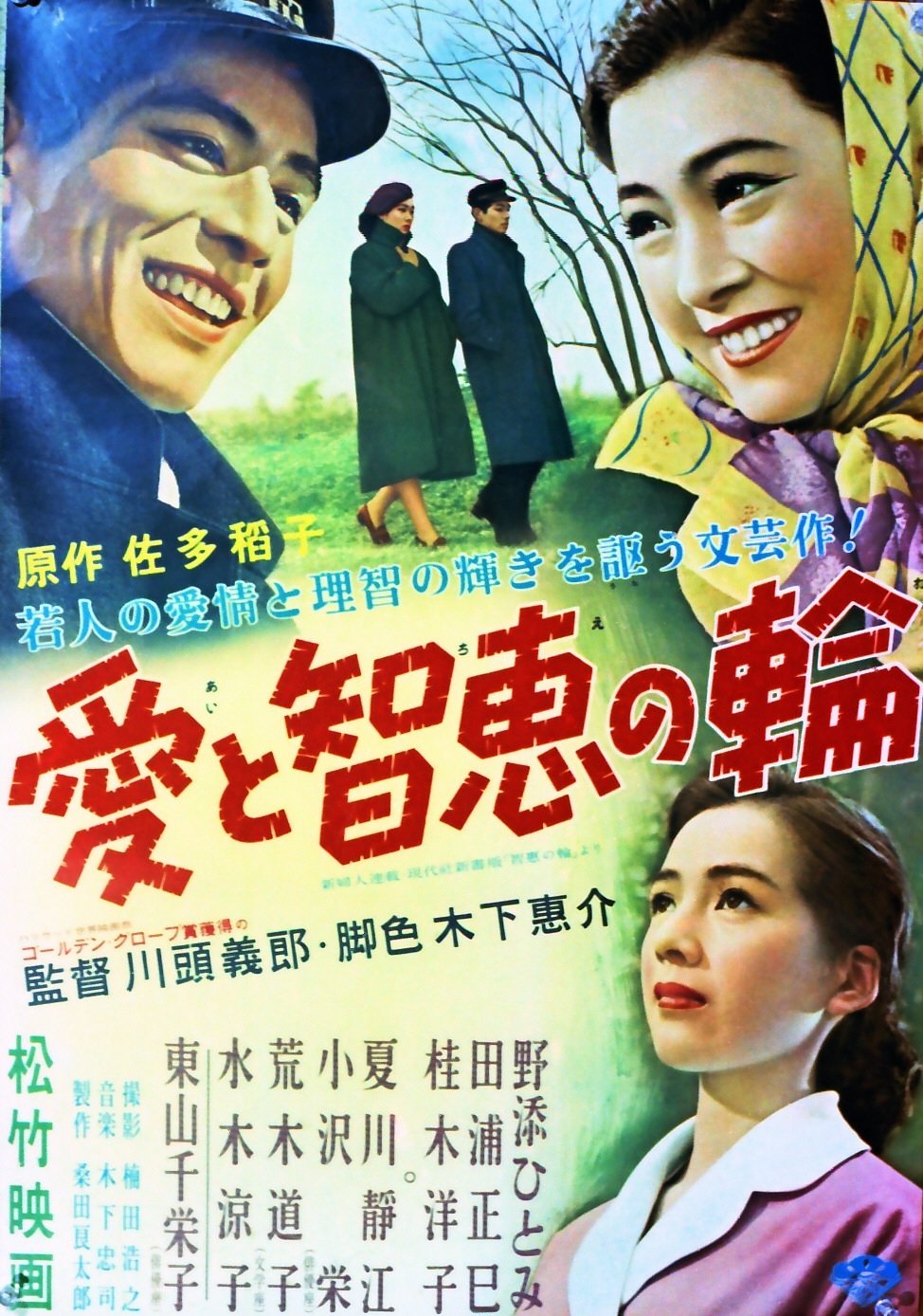
Ai to chie no wa
(Screenplay)

Carmen Comes Home
(Screenplay)
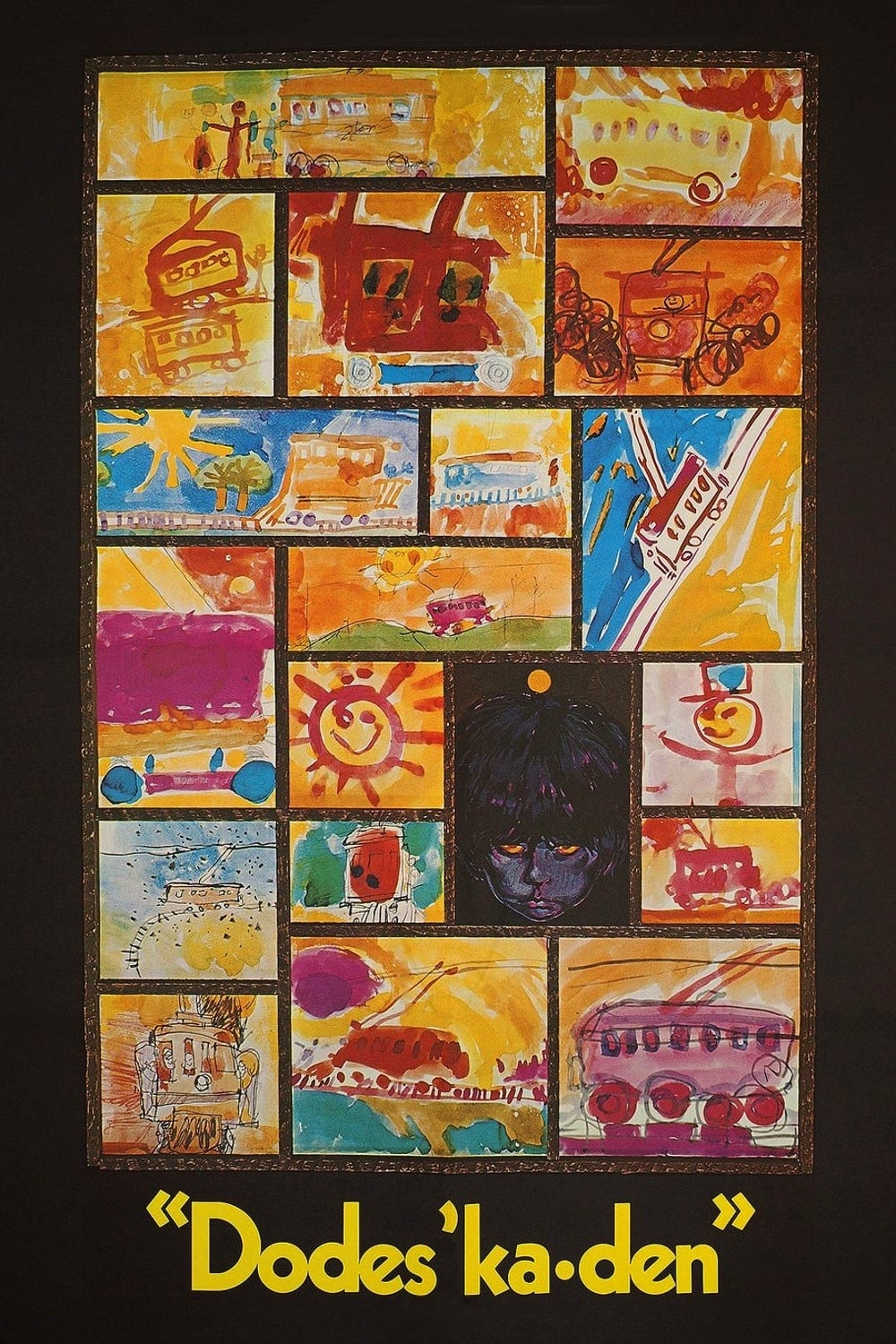
Dodes'ka-den
(Executive Producer)
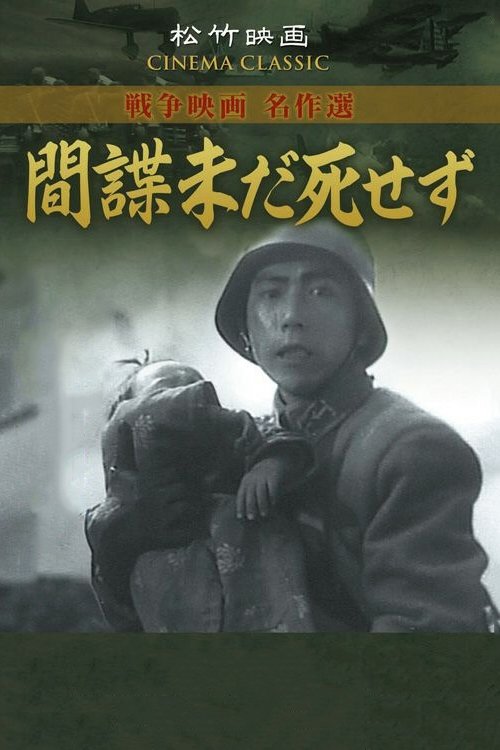
The Spy Has Not Died Yet
(Screenplay)

Love and Separation in Sri Lanka
(Writer)

Farewell to Spring
(Screenplay)
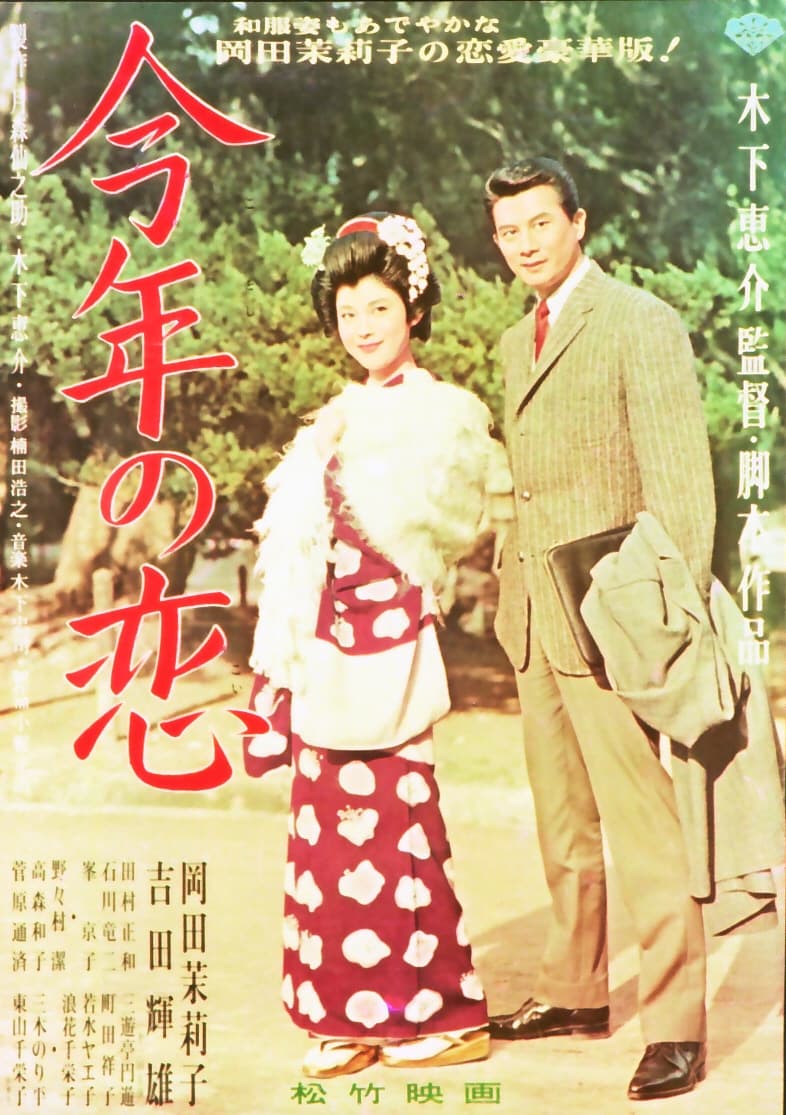
This Year's Love
(Writer)

This Year's Love
(Director)

She Was Like a Wild Chrysanthemum
(Screenplay)
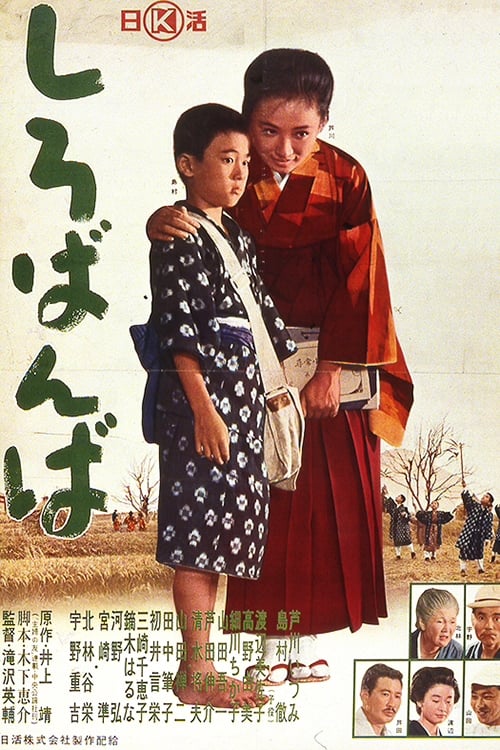
Children of Izu
(Screenplay)

The Snow Flurry
(Screenplay)

Immortal Love
(Screenplay)

Eyes, the Sea and a Ball
(Producer)

The Rose on His Arm
(Screenplay)
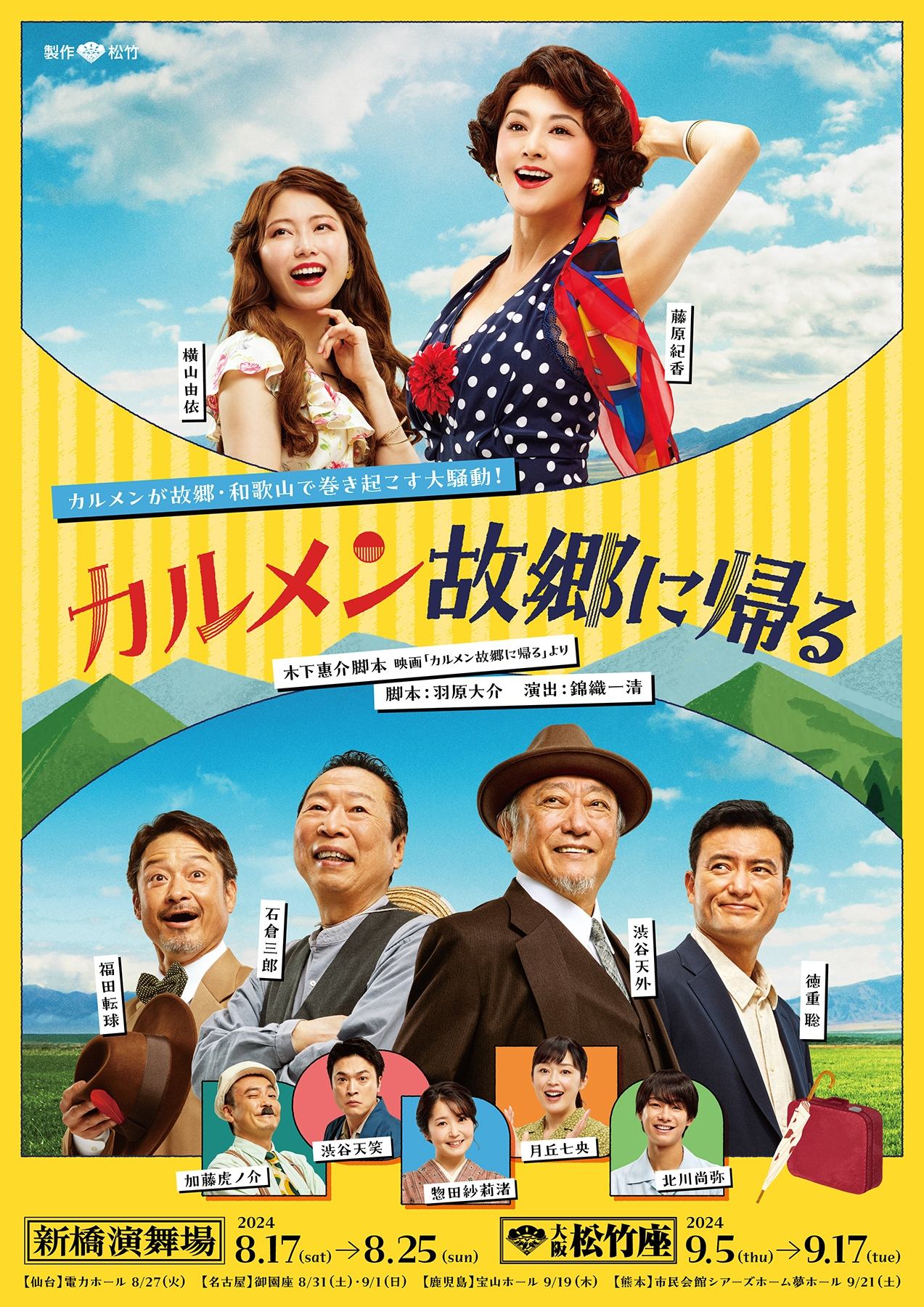
カルメン故郷に帰る
(Original Story)
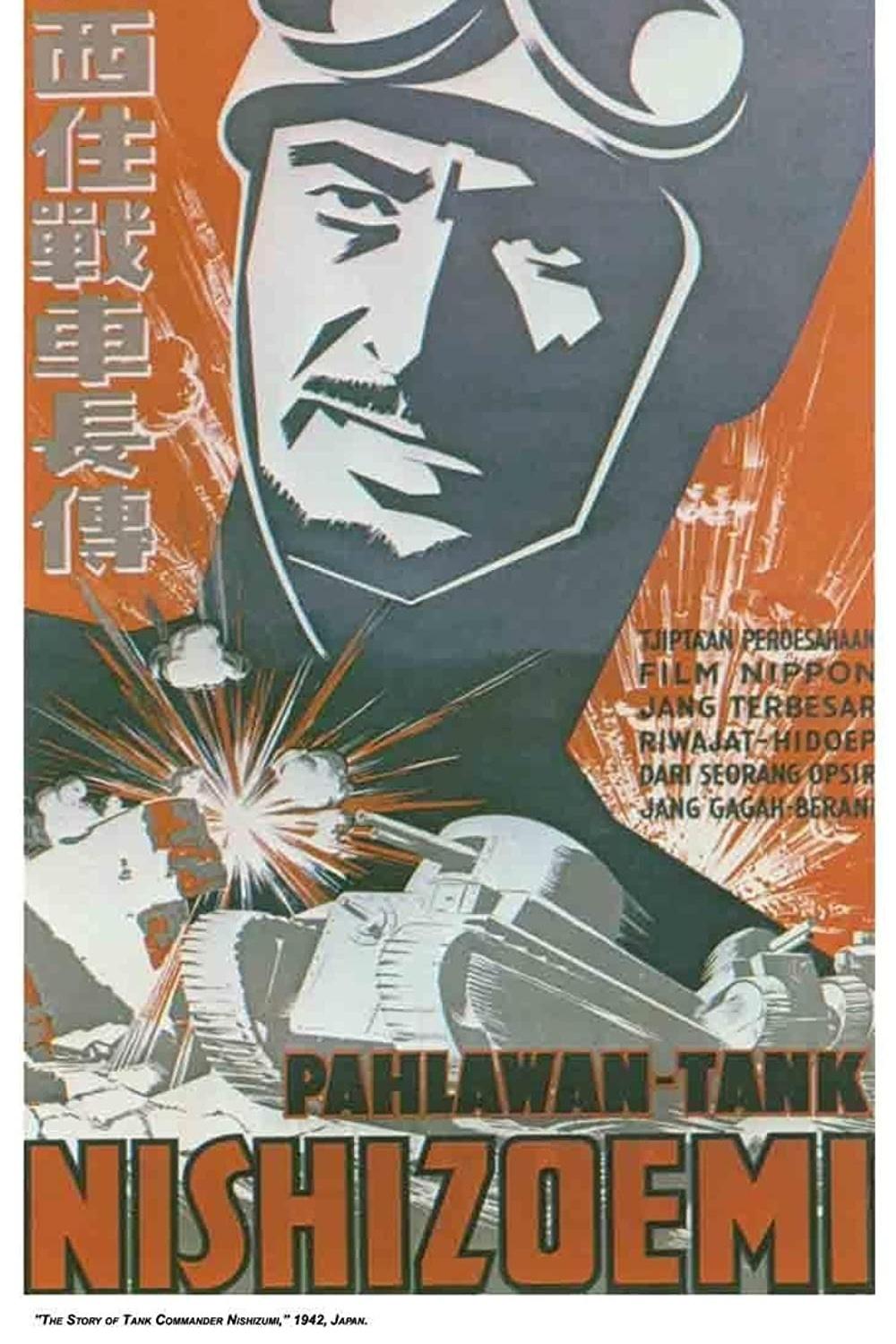
The Story of Tank Commander Nishizumi
(Assistant Director)

The Ballad of Narayama
(Screenplay)
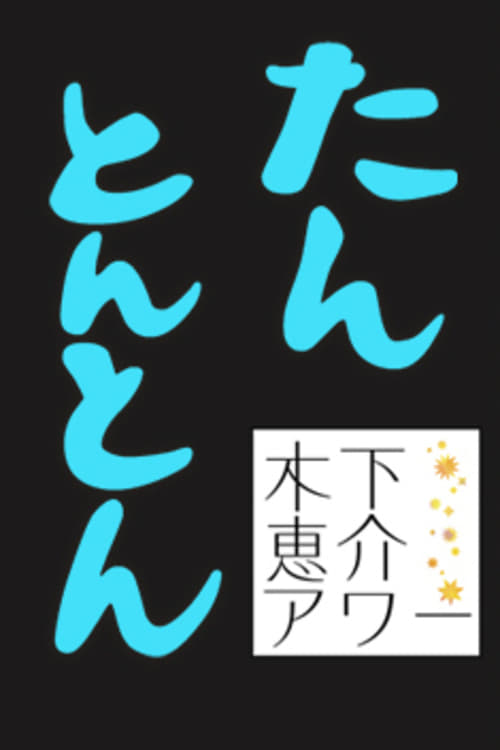
Mom’s Shoulders
(Director)

Mom’s Shoulders
(Producer)
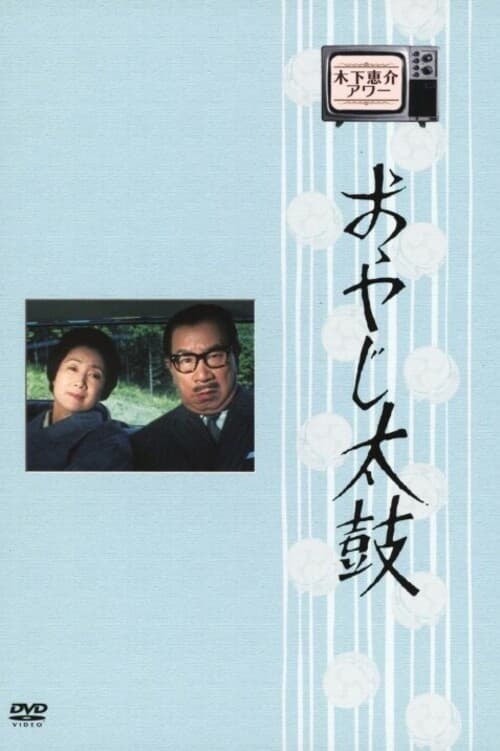
Oyaji Daiko
(Creator)

Oyaji Daiko
(Writer)
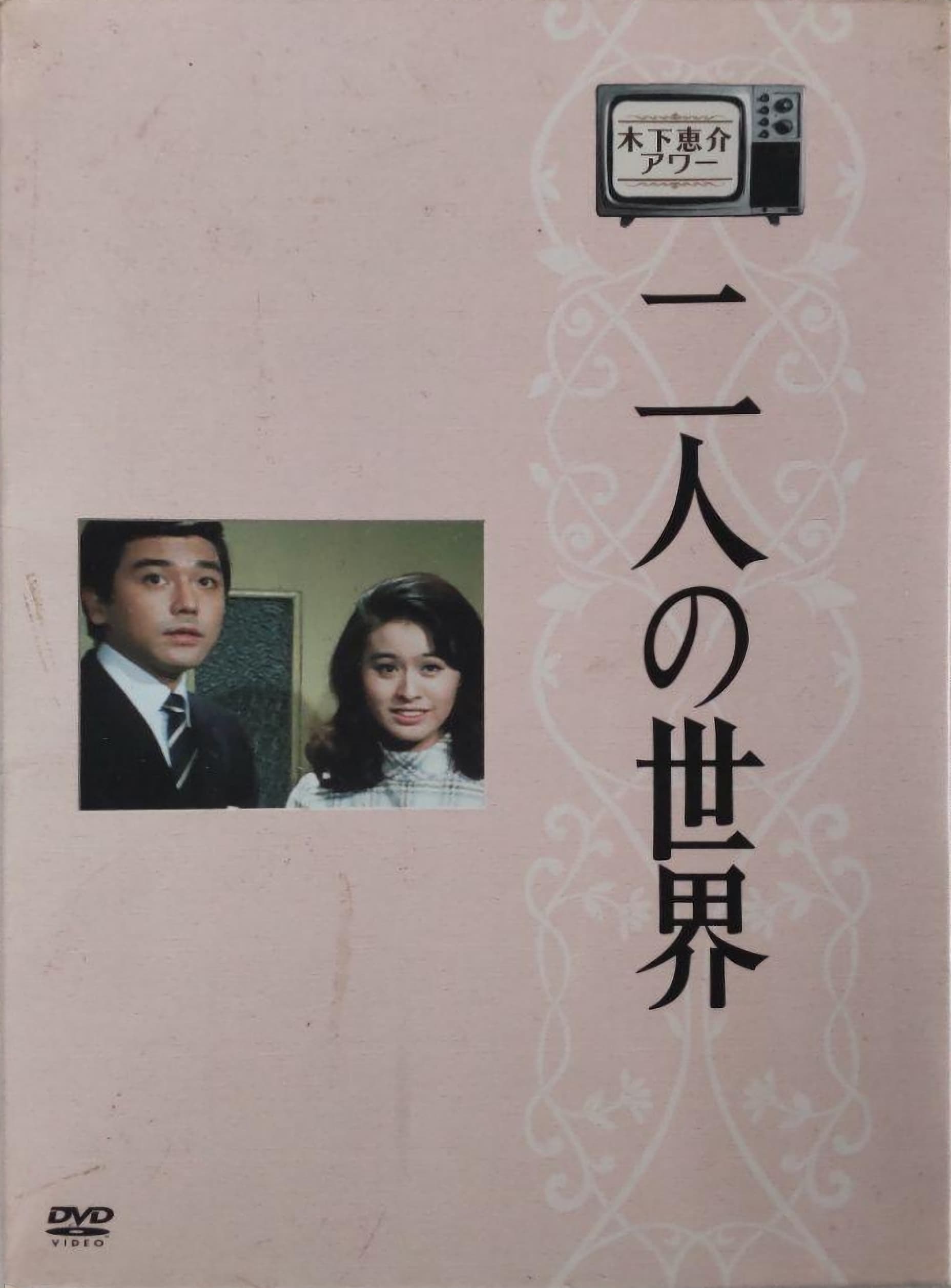
World of Two
(Producer)

World of Two
(Director)
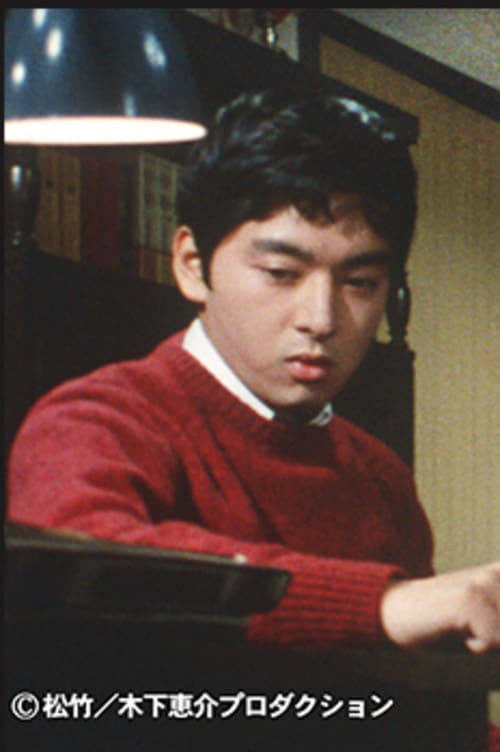
Brother
(Director)
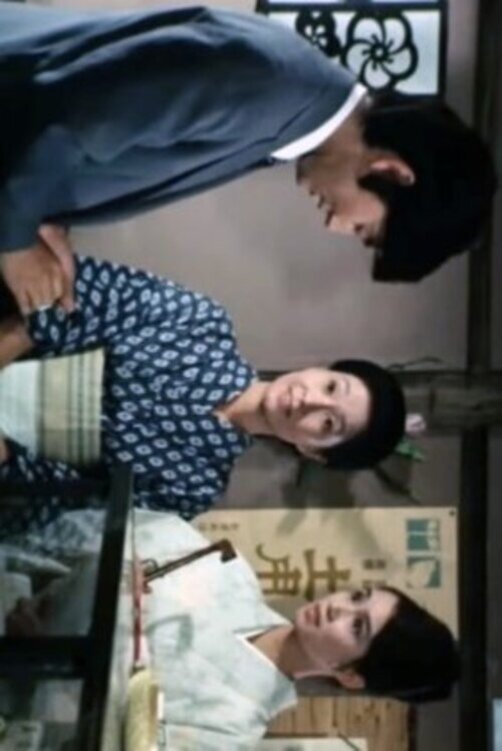
Ashita Kara no Koi
(Director)
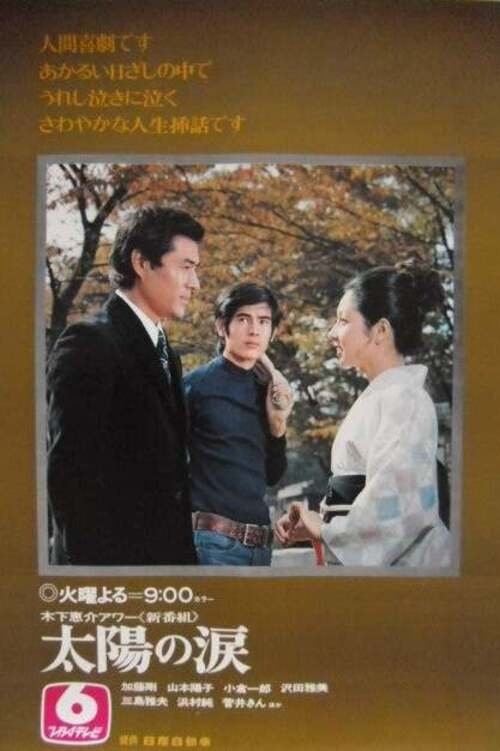
Taiyō no Namida
(Writer)

Taiyō no Namida
(Creator)
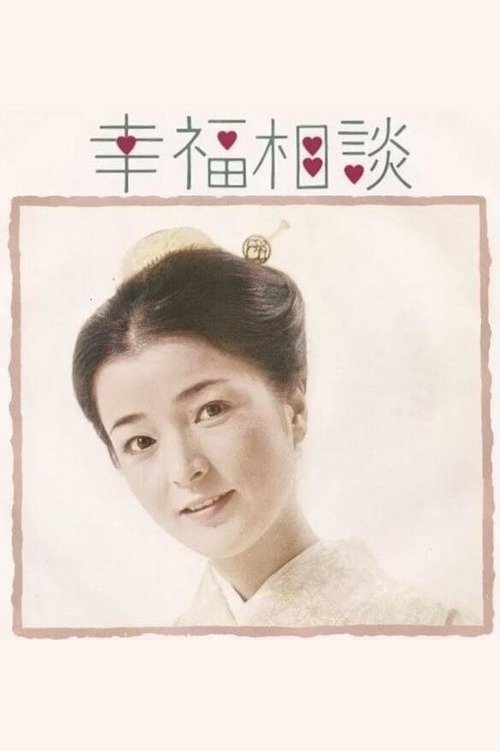
Kōfuku Sōdan
(Creator)

Kōfuku Sōdan
(Producer)
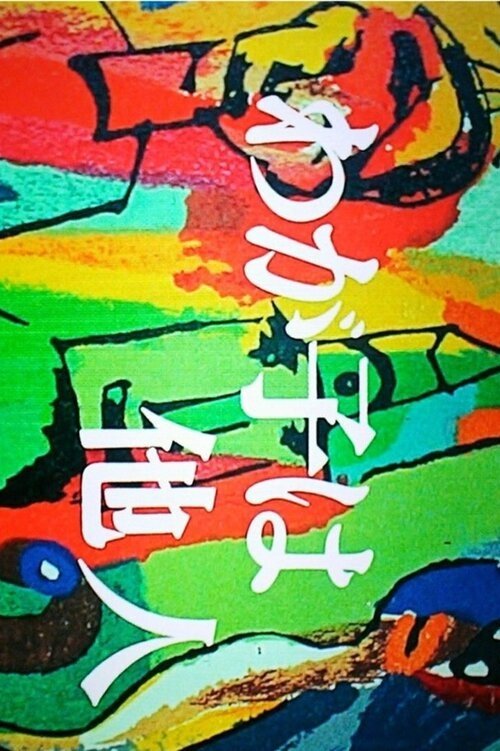
Wagako wa Tanin
(Creator)

Wagako wa Tanin
(Director)
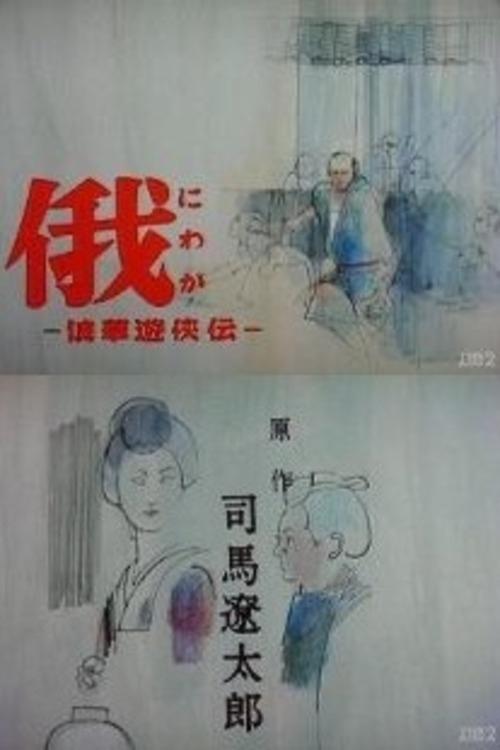
Story of Yakuza in Naniwa
(Producer)
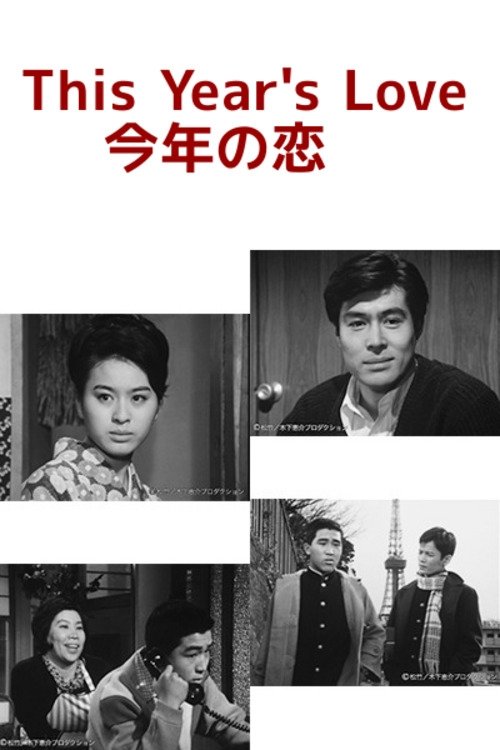
Kotoshi no Koi
(Original Story)
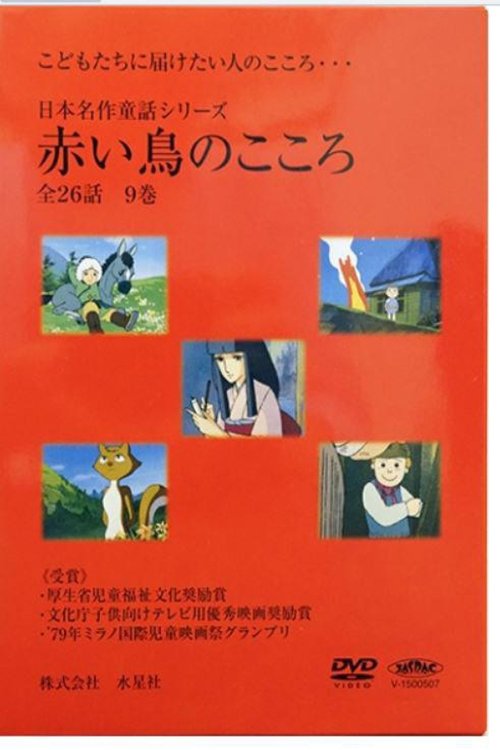
日本名作童話シリーズ 赤い鳥のこころ
(Creator)
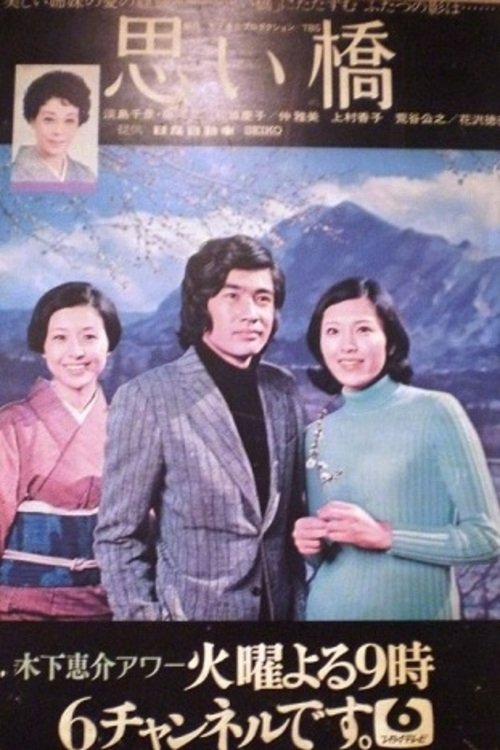
Omoi Bashi
(Creator)

Taiyō no Namida
(Creator)

Oyaji Daiko
(Creator)

World of Two
(Creator)

Brother
(Creator)
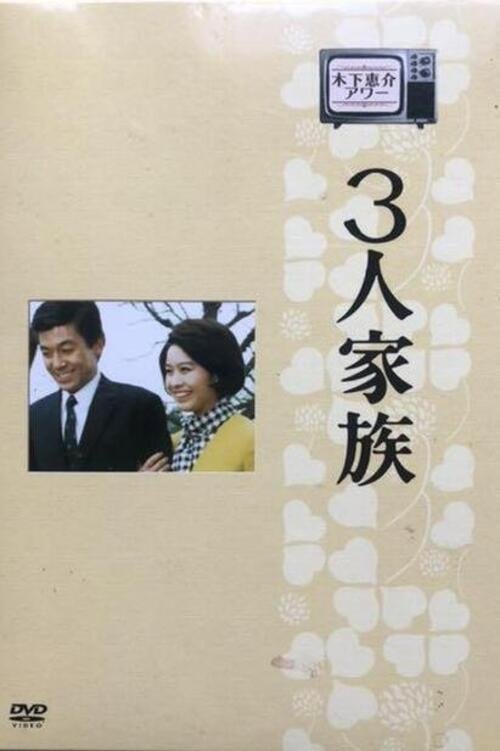
Family of Three
(Creator)

Ashita Kara no Koi
(Creator)

Mom’s Shoulders
(Creator)
The Keisuke Kinoshita Hour
(Creator)

Kotoshi no Koi
(Creator)
